Introducing Our 2025 Changemakers
This year’s trailblazers share the rules they’re rewriting, the beliefs they refuse to abandon, and the visions that drive them forward.
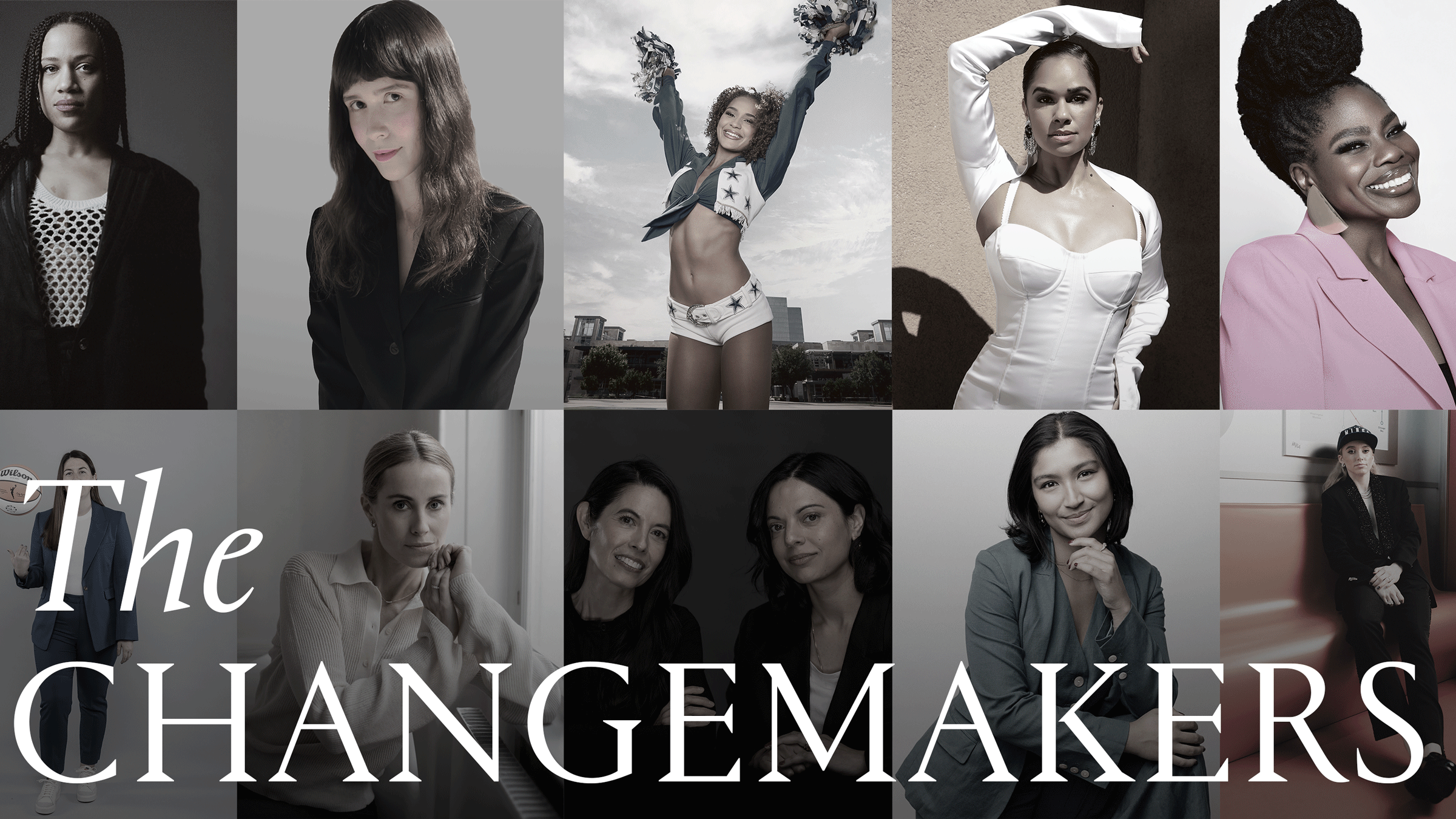
Select the newsletters you’d like to receive. Then, add your email to sign up.
You are now subscribed
Your newsletter sign-up was successful
Want to add more newsletters?

Delivered daily
Marie Claire Daily
Get exclusive access to fashion and beauty trends, hot-off-the-press celebrity news, and more.

Sent weekly on Saturday
Marie Claire Self Checkout
Exclusive access to expert shopping and styling advice from Nikki Ogunnaike, Marie Claire's editor-in-chief.

Once a week
Maire Claire Face Forward
Insider tips and recommendations for skin, hair, makeup, nails and more from Hannah Baxter, Marie Claire's beauty director.

Once a week
Livingetc
Your shortcut to the now and the next in contemporary home decoration, from designing a fashion-forward kitchen to decoding color schemes, and the latest interiors trends.

Delivered Daily
Homes & Gardens
The ultimate interior design resource from the world's leading experts - discover inspiring decorating ideas, color scheming know-how, garden inspiration and shopping expertise.
This year, we handed the mic to visionaries, leaders, and rule breakers redefining what change looks like. Each one took part in the first-ever MC Changemakers Questionnaire, a specially crafted set of prompts designed to cut through the noise and get to the heart of how change actually happens. We asked what rules they’re breaking, what keeps them going, and what the future looks like from where they stand. Their answers are sharp, surprising, and deeply personal. Together, they map out a bold new blueprint for change.
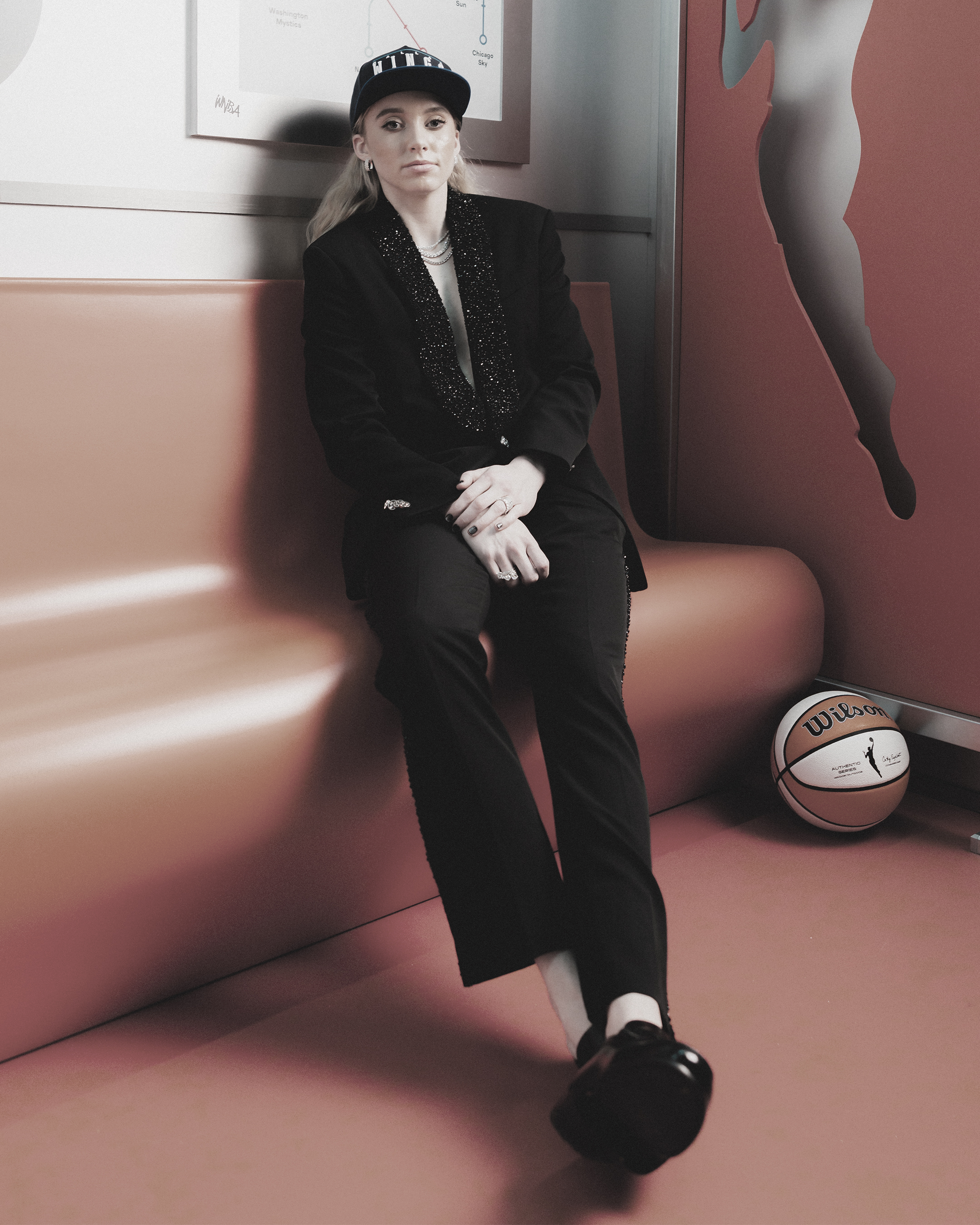
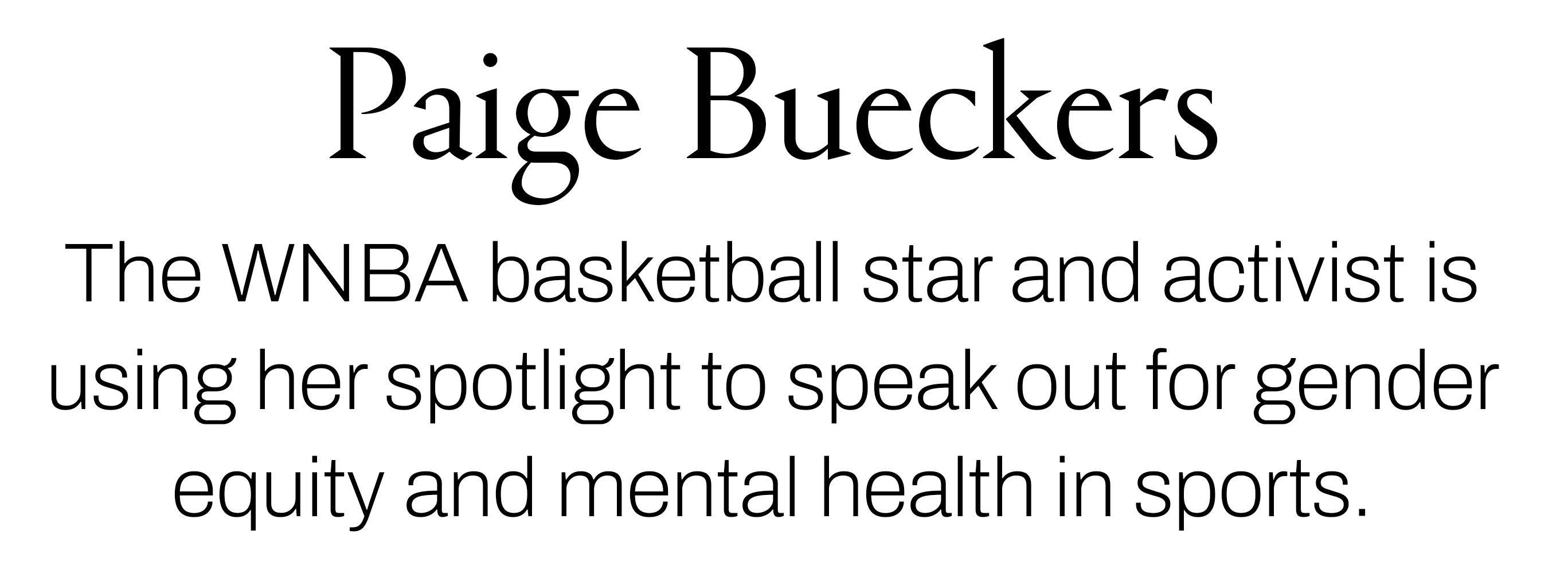
What does being a changemaker mean to you?
Being authentically myself and serving the moment, whatever that looks like. To not be afraid to use my voice and stand up for what I believe is right. To be fearless and not allow anyone or anything to put me in a box. To use my platform to do my part—and try to help this world become a better place.
What is a rule or norm that you’re trying to break?
To break the stigma around feminine and masculine clothes in fashion.
What is the fight you’ll never stop showing up for?
The fight to be your best, confident self and not care about anyone else’s opinions. Also, the fight for equality and justice.
Do you have a hype song?
“What Did I Miss?” by Drake.
What is your motto?
Stand firm and serve the moment. Be you, be great.
What gets you through the hardest parts of pushing for change?
I believe I go through life with the right intentions, and with a caring and genuine heart. I know my intentions are good, and that helps me stay grounded. I try not to dwell on mistakes and take everything as a lesson in my journey.
Get exclusive access to fashion and beauty trends, hot-off-the-press celebrity news, and more.
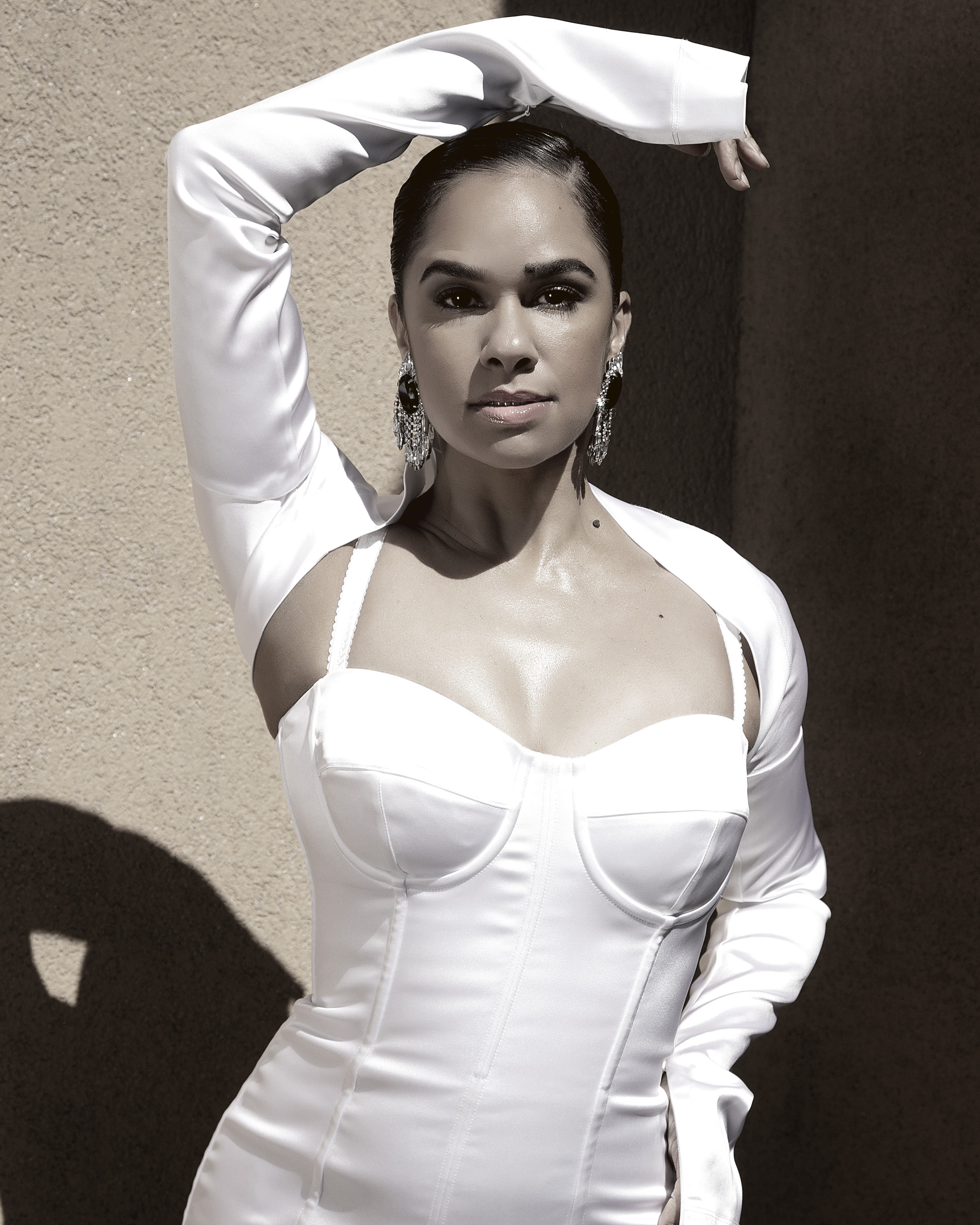
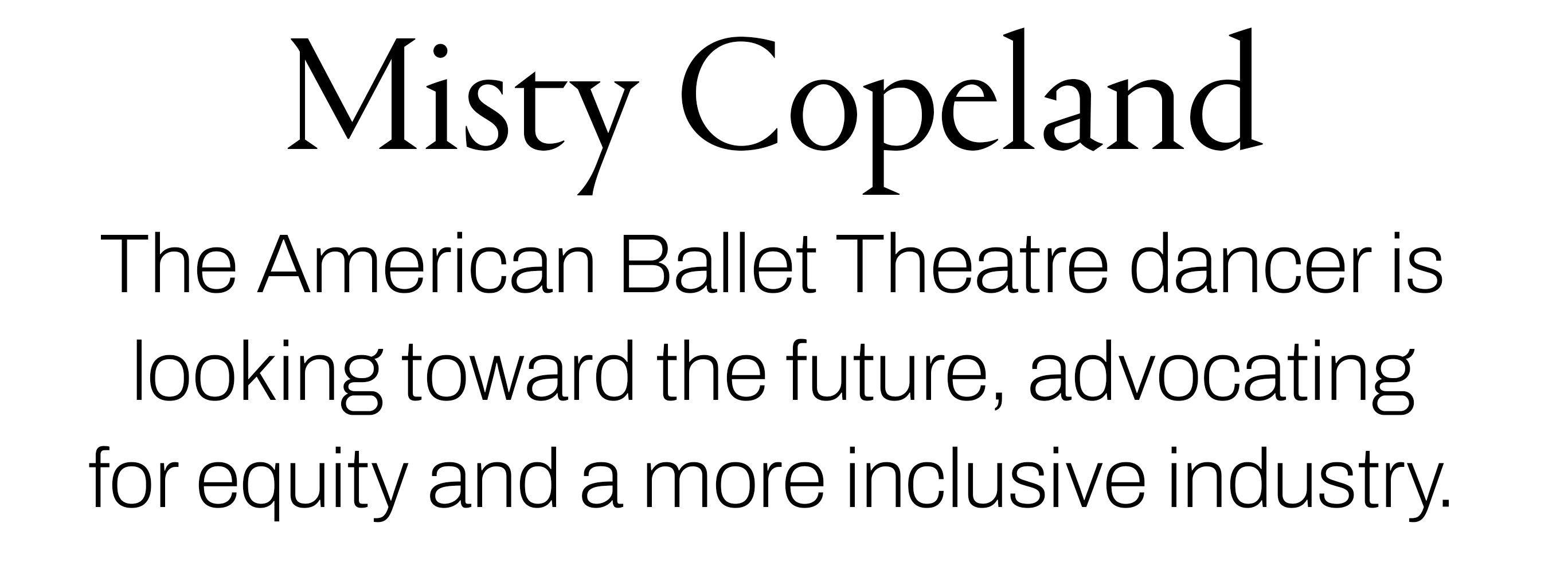
What does being a changemaker mean to you?
Using your voice and your visibility to open doors for others. It’s not just about achieving personal success; it’s about creating lasting impact, shifting narratives, and making space where there hasn’t been space before.
What is a rule or norm that you’re trying to break?
That ballet is only for a certain type of body or background. I’ve spent my career challenging the idea of who belongs in classical ballet, and now I’m focused on changing who has access to it in the first place.
What is the fight you’ll never stop showing up for?
Equity in the arts. Representation and access are not luxuries—they’re necessities. I’ll always show up for young people who’ve been made to feel like they don’t belong in certain rooms. They do.
What gets you through the hardest parts of pushing for change?
Remembering that I’m not doing this alone. I come from a long line of people who’ve pushed boundaries with far fewer resources. That perspective—and taking time for stillness—keeps me going.

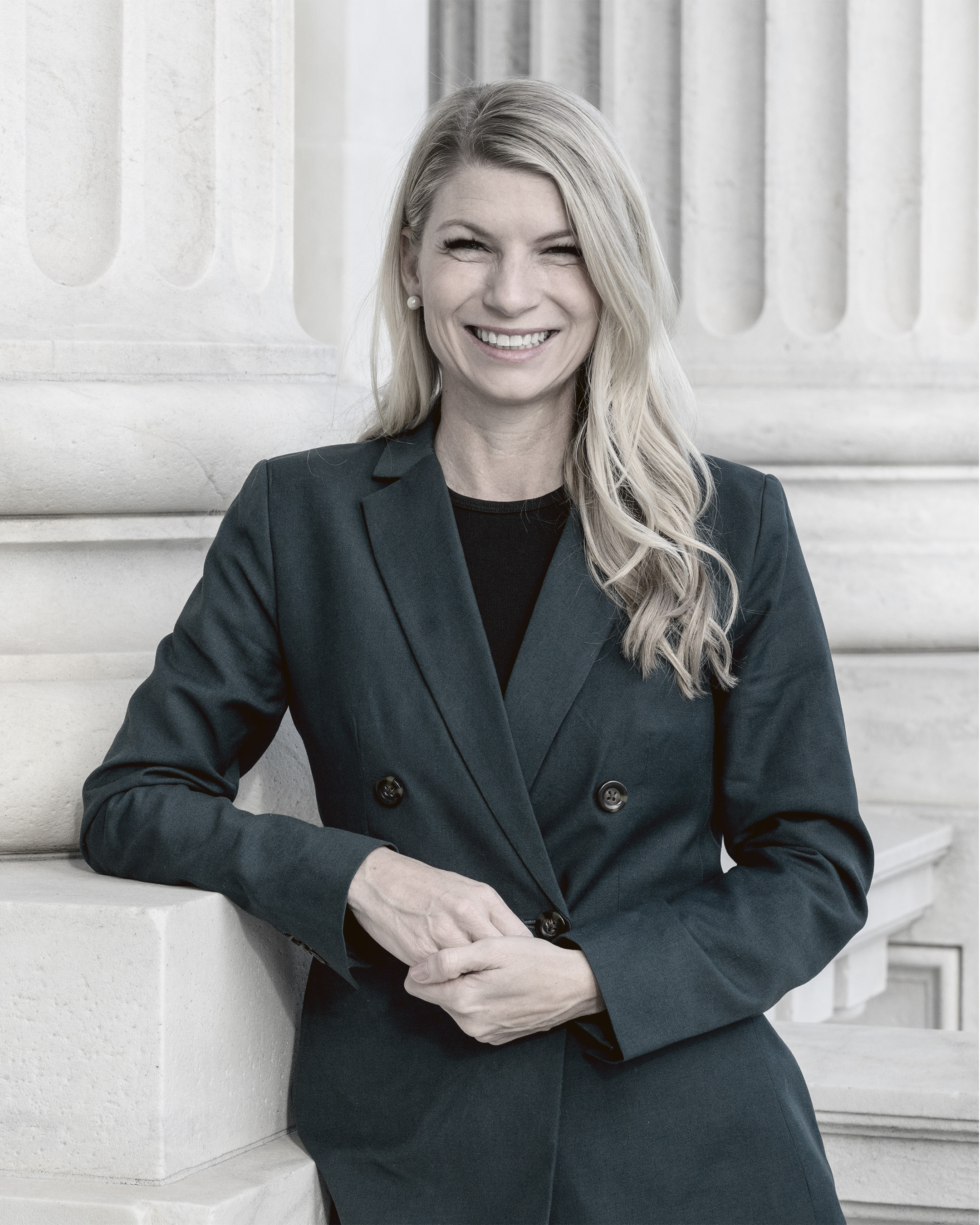
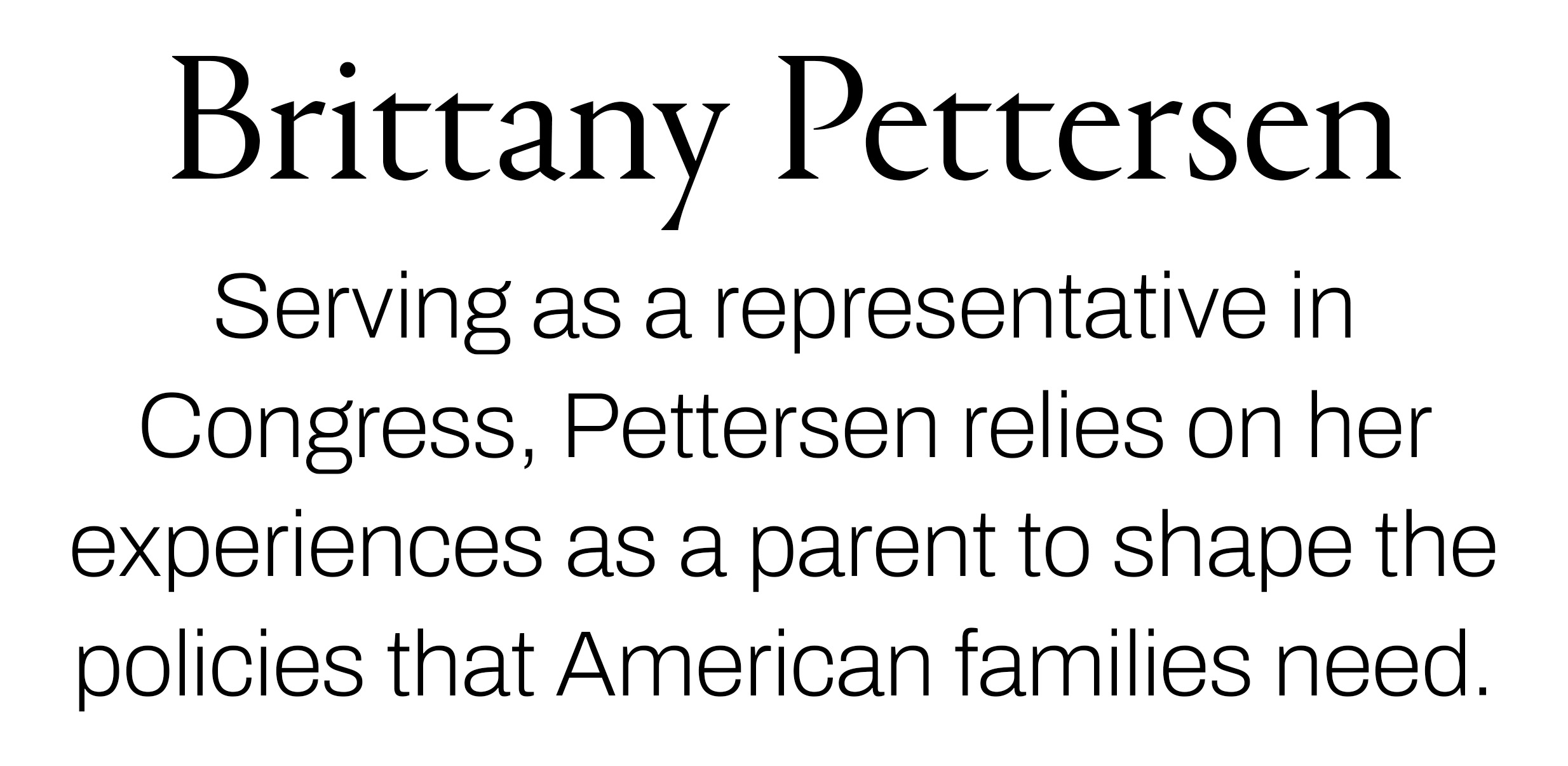
What does being a changemaker mean to you?
Being unwilling to accept the way things are and pushing the barriers every chance I get to bring the world a little bit closer to the way it should be. Most of my career has been fighting the status quo, including defying expectations for what’s possible for women and people of my background.
What is a rule or norm that you’re trying to break?
It’s the quiet norms placed on women every day—what we should or shouldn’t do, and what we’re deserving or capable of. I've been constantly underestimated and overlooked as a woman in office, and I'm always having to prove myself.
What is the fight you’ll never stop showing up for?
The fight for our kids’ future has always driven my work in politics, but after becoming a mom, I know this fight couldn’t be more urgent.
Do you have a hype song?
“Gimme More” by Britney Spears (it’s Britney, b*tch).
Whom do you most admire?
President Barack Obama has been the most important person in my journey. He’s someone who made me believe in what’s possible in a leader and what’s possible for myself. He brought out the best in us. In the era of Trump, I couldn’t miss his kindness and compassion more.
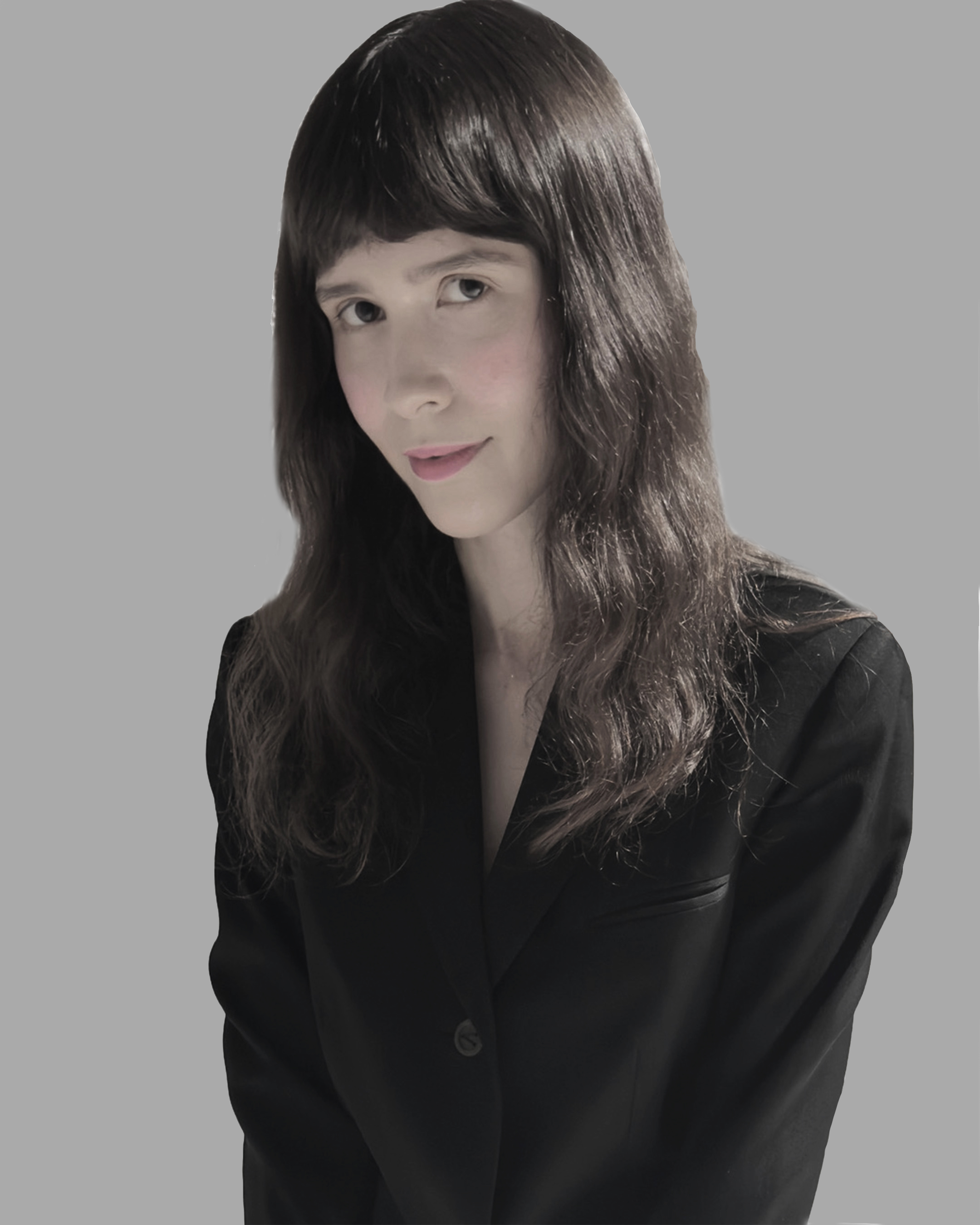
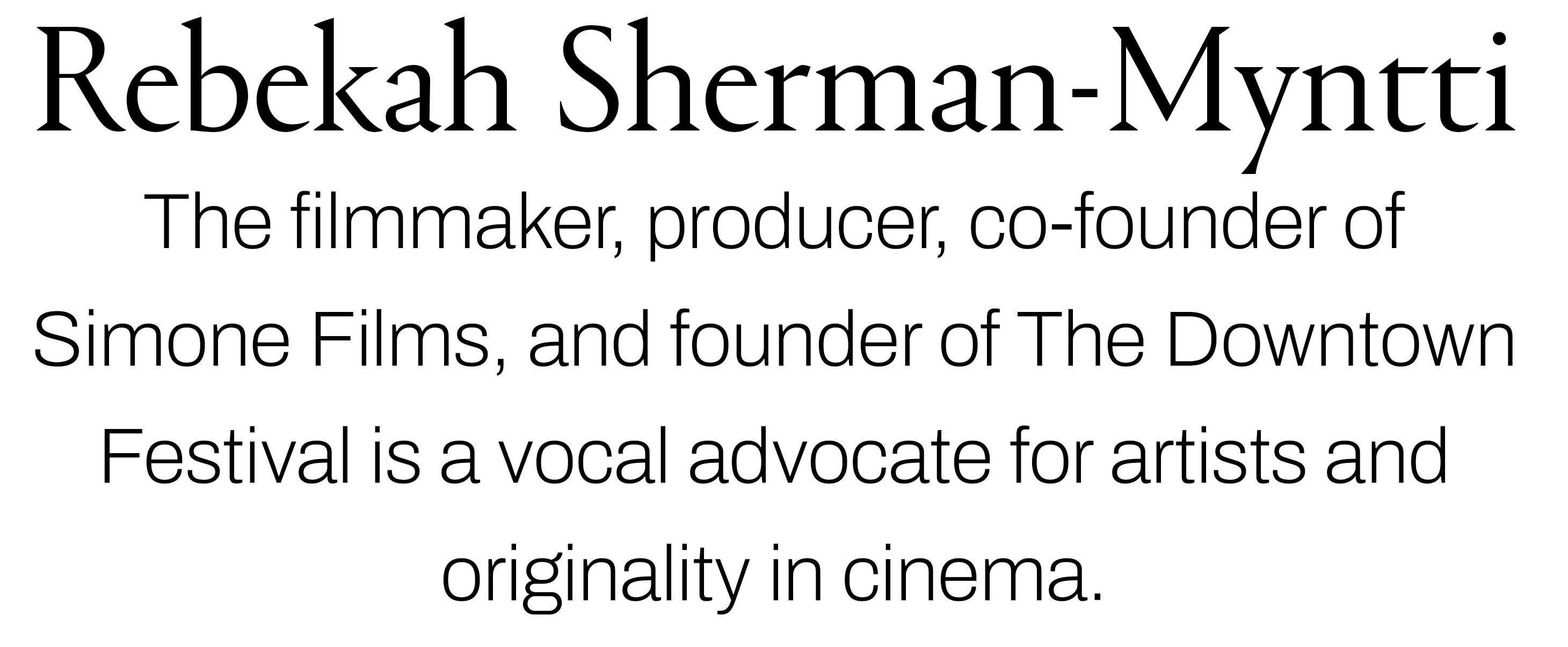
What does being a changemaker mean to you?
Changemakers refuse to accept the world as it is and work to make it better in whichever area they can have influence and impact. For me, within film, this means championing new talent and unique perspectives, elevating fellow artists, and inventing more inclusive ways to make and share our work.
What is a rule or norm that you’re trying to break?
I’d like to help break the film industry’s risk-averse mindset. Safe, conventional choices are currently the name of the game, but art has always demanded originality and risk. Film has the power to reshape how we see ourselves and the world, but it can only fully fulfill its potential when we elevate fresh ideas and emerging voices—boldness and innovation are essential.
Do you have a hype song?
“Burning Down the House” by Talking Heads.
What gets you through the hardest parts of pushing for change?
I remind myself that progress isn’t linear—it zigs and zags, yet every step is a learning opportunity that builds on the last.
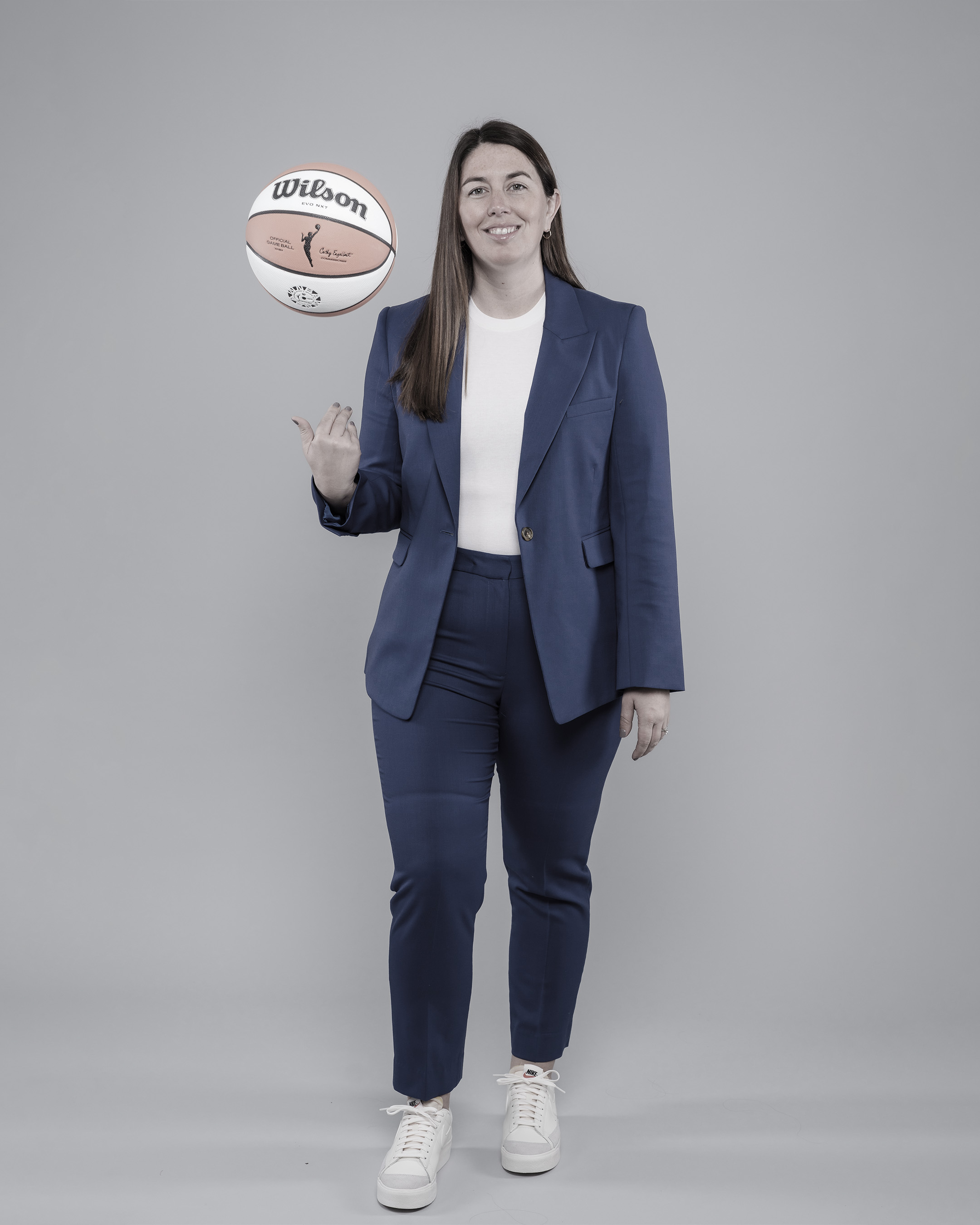

What is a rule or norm that you’re trying to break?
That you can’t have it all. You can—and I do. I’ve learned that it’s about blurring the lines versus separating them when it comes to the personal and the professional, and my titles of President, Mom, Wife, Daughter, Sister, Friend.
Do you have a hype song?
So many. “As” by Stevie Wonder puts me in the best headspace and reminds me of my early days of being mom to my two girls. I’m also currently back into my Jurassic 5 era.
Whom do you most admire?
Amy Poehler. Her book, Yes Please, is one I go back to often. She's navigated many things in her life but stayed authentic to herself, and charted success by working hard, taking risks, and prioritizing genuine relationships and being a mom. All while having fun and finding joy.
What gets you through the hardest parts of pushing for change?
Knowing it’s worth it. I have been fortunate to feel the outcomes—at a packed BMO Stadium for Angel City games, and a roaring Chase Center for the Valkyries games. How fortunate I am to know the work I am doing truly creates a better tomorrow.
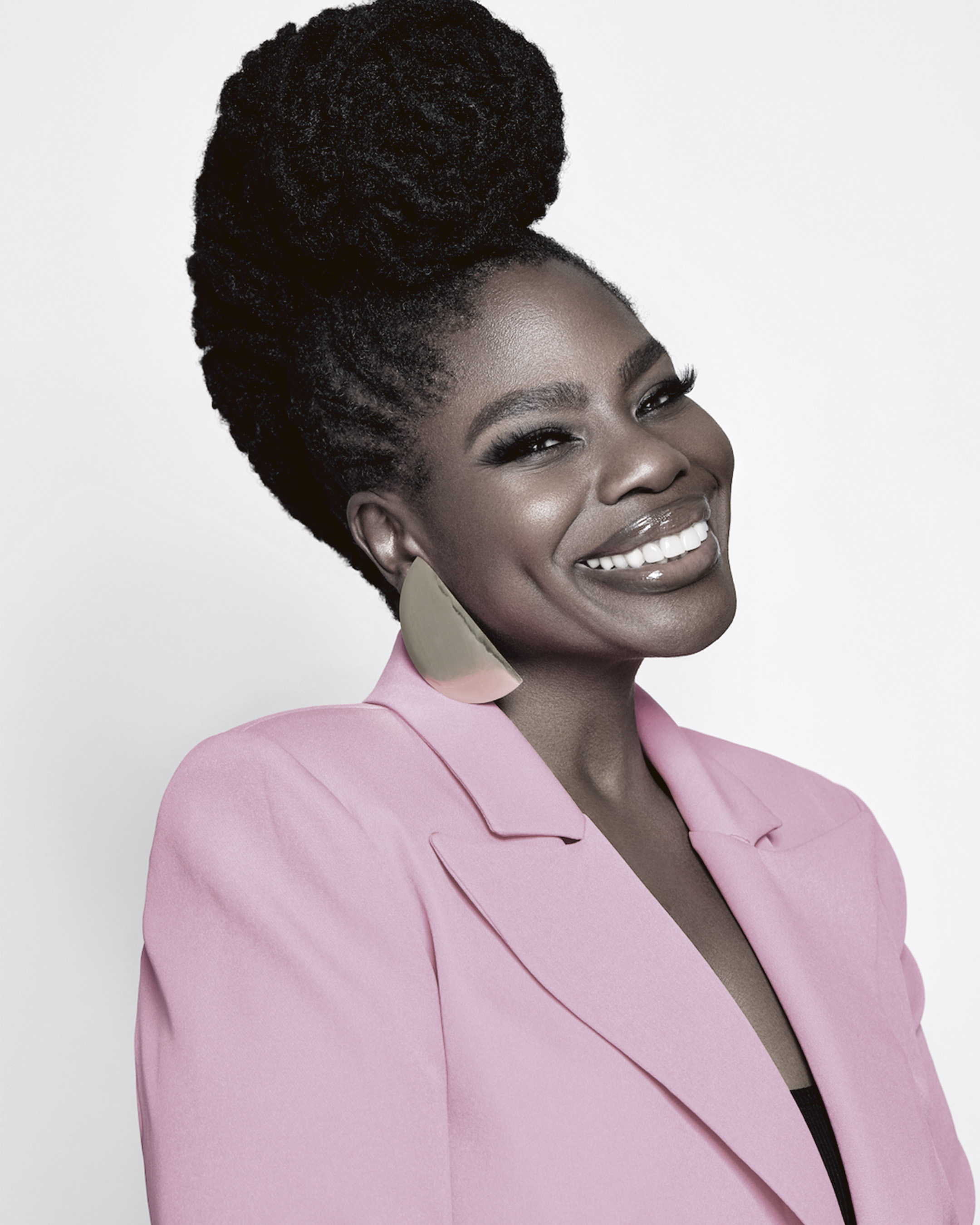
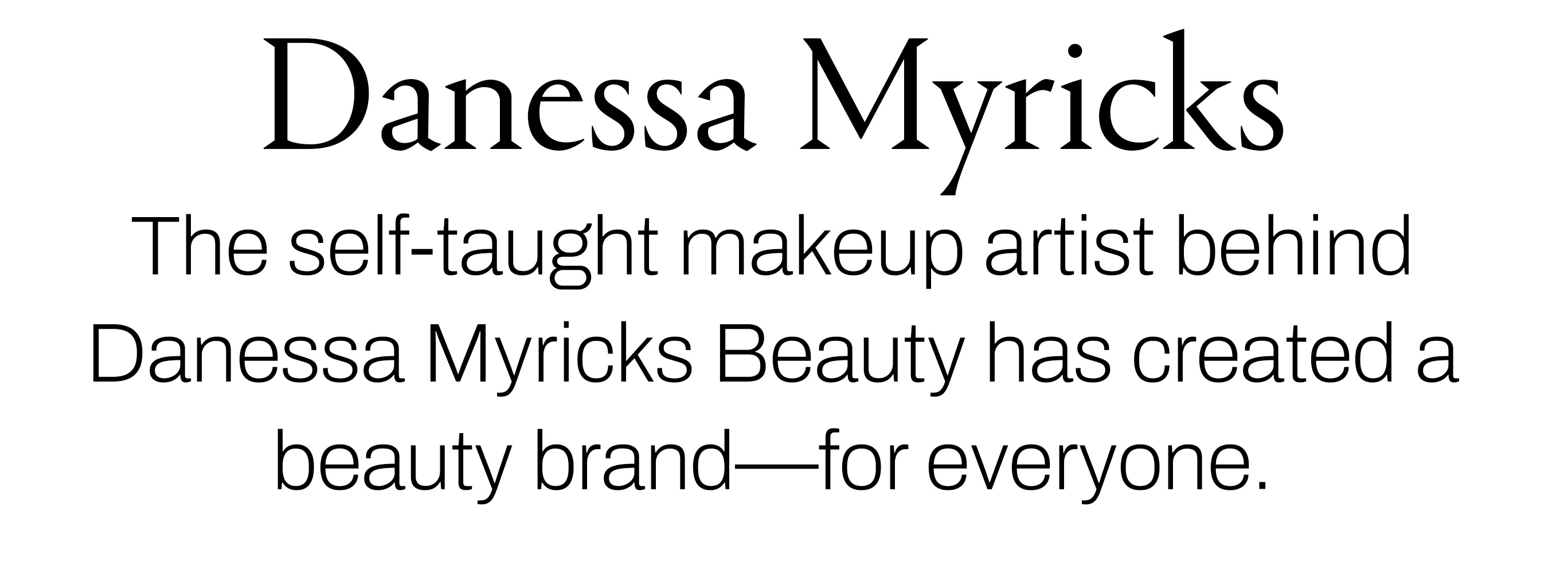
What is a rule or norm that you’re trying to break?
The idea that beauty has to fit inside a box. Whether it’s shade ranges, textures, age, ability, or identity—I’m constantly pushing against traditional beauty norms. Beauty should feel like freedom. We should all be able to express ourselves and have the confidence to play freely.
What is the fight you’ll never stop showing up for?
Representation. Real, meaningful, unapologetic representation, especially for Black women, for artists, for late bloomers, for anyone who’s ever felt like they were too different to belong. I’ll always show up for the people who’ve been told they have to wait their turn or fit a mold to be worthy of success or being seen. No matter what, everyone should be part of the conversation.
Do you have a hype song?
“Level Up” by Ciara. It’s the energy. It reminds me that growth requires movement, boldness, and sometimes starting again—but always with power and purpose.
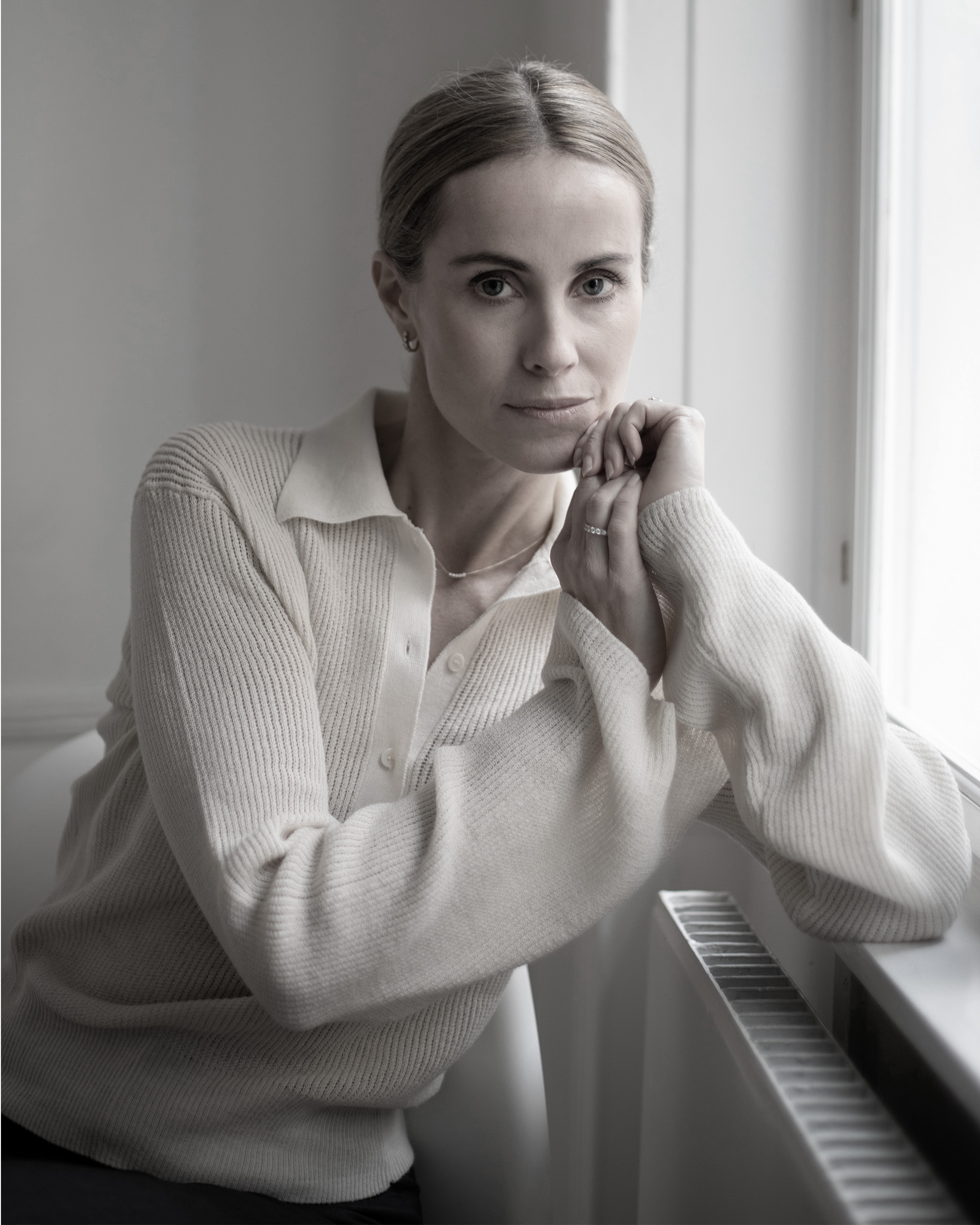
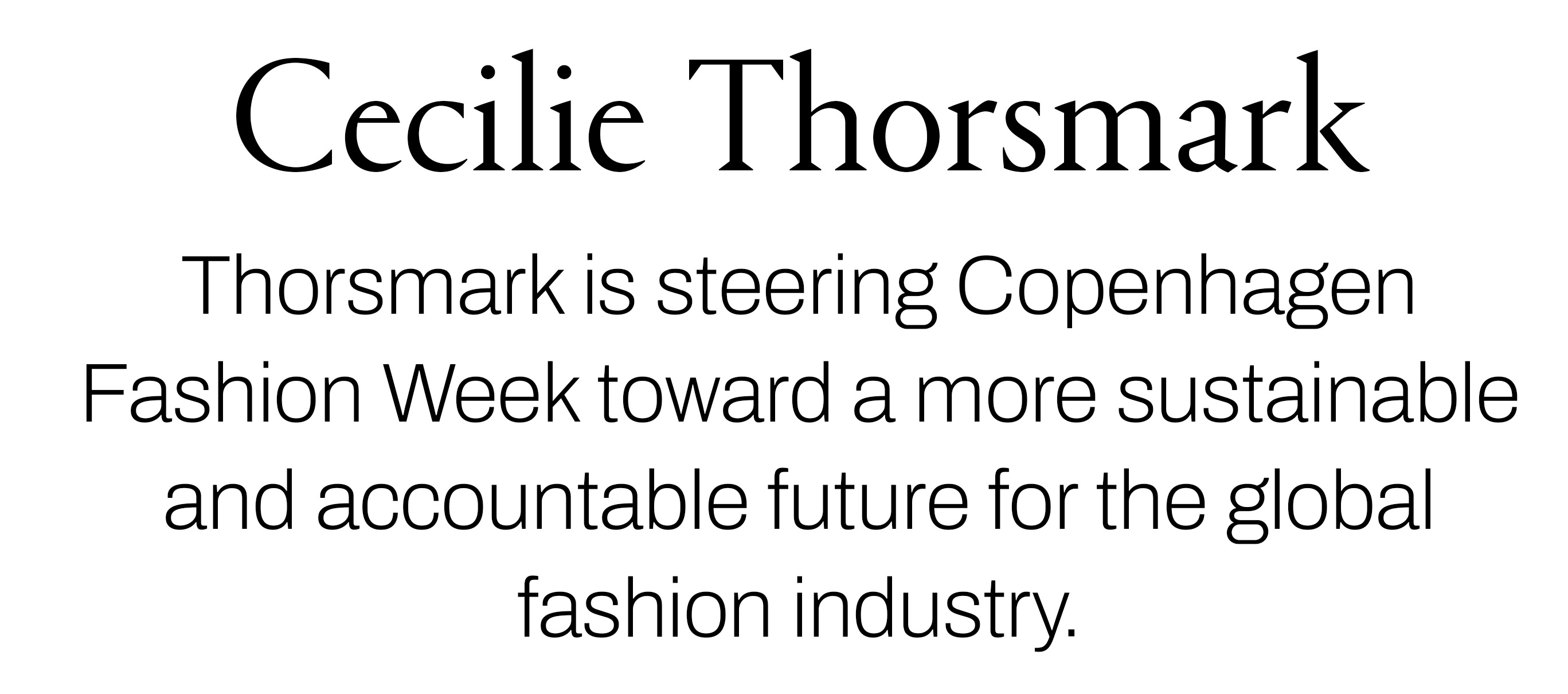
What does being a changemaker mean to you?
Someone who refuses to accept the status quo—who sees the need for progress and takes action to make it happen. There are inspiring changemakers across every industry and issue, but the ones I truly admire are those who fight for justice and peace. Whether they’re on the ground or using their voices from afar, they work tirelessly to combat conflict, war, and oppression—and that’s the kind of impact that deserves celebration.
What is a rule or norm that you’re trying to break?
Professionally, I’m trying to push back on the idea that success should look effortless. We rarely talk about the doubts, the flaws, the setbacks. That’s usually where real progress happens, and I think we should be more honest about that. At home, it’s definitely less screen time. We try to model that for our kids, which means us adults have to lead by example. It’s not always easy!
What is the fight you’ll never stop showing up for?
Creating real accountability in the fashion industry—environmentally, socially, and culturally. Fashion holds enormous influence, and I believe that influence comes with responsibility. The industry still has a long way to go, and I’ll keep pushing for higher standards, more transparency, and more meaningful change. That sometimes means being questioned or criticized for not having the perfect answer—but honestly, that only fuels my determination to keep going.
Do you have a hype song?
Being Scandinavian, Robyn’s “Dancing on My Own” is inevitable. It never gets old, and it never fails to fill the dance floor.
What is your motto?
Don’t wait for the next big thing—find joy in the everyday. Having kids who grow up so fast is a constant reminder that time passes quickly, and the most important moments are often the ordinary ones—right here, right now.
What gets you through the hardest parts of pushing for change?
Probably a mix of stubbornness and perspective. I’m quite stubborn when I believe in something, and that helps when things get tough. But I’ve also learned the importance of stepping back and recharging. Time with my family, unplugging, or doing something totally unrelated to work helps me reset and come back with a clearer head.


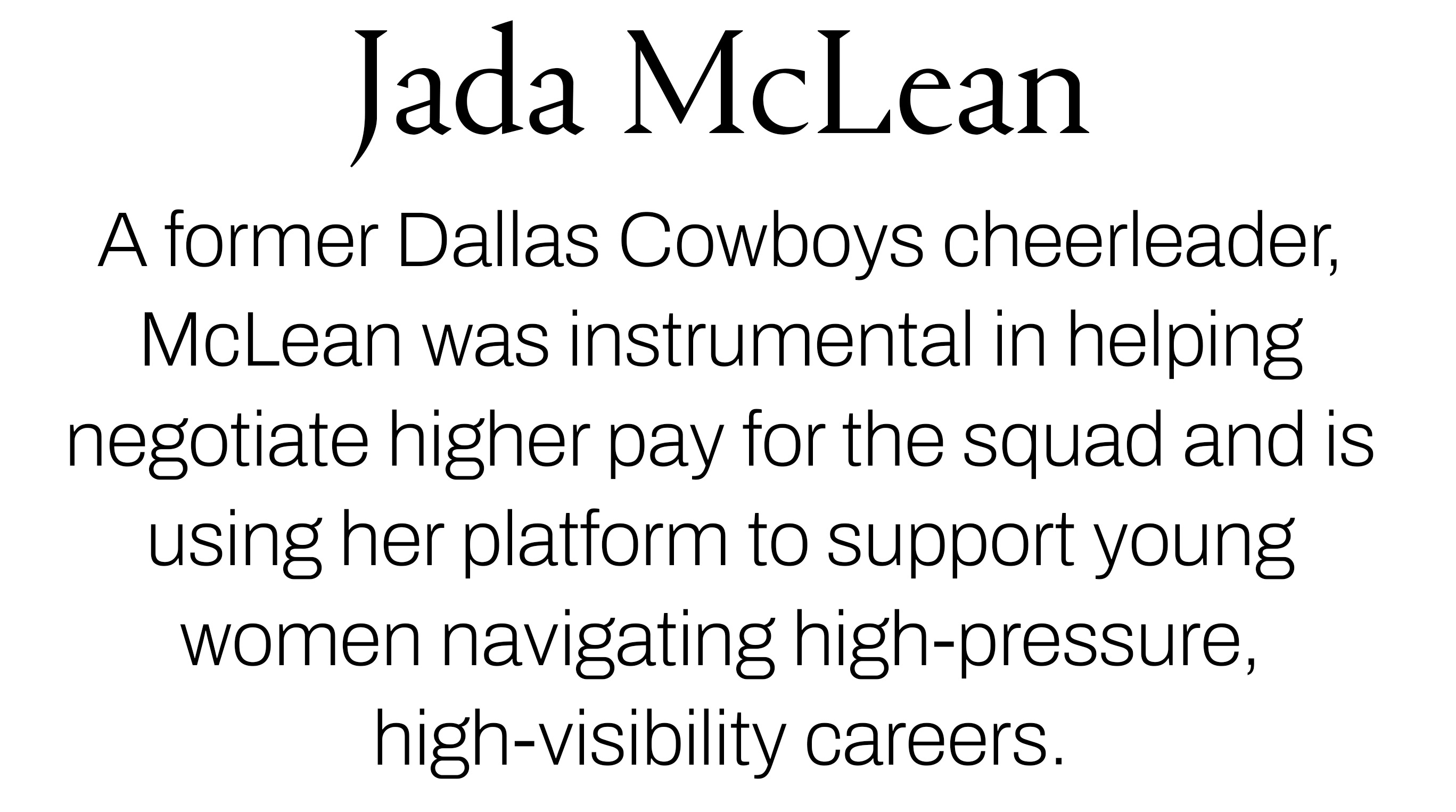
What does being a changemaker mean to you?
Being someone who wants to make the world a better place. It is about seeing all of the ways in which you can positively impact those around you, and caring about the success of others as much as your own. It also means speaking up when those around you would prefer to stay silent.
What is a rule or norm that you’re trying to break?
I am actively trying to break the mindset that if things have always been done one way, you have to just accept them. That can be a setback to people and businesses who are not willing to adapt to new ways of thinking and progressing. There’s always room for improvement.
What is the fight you’ll never stop showing up for?
Women’s equality. I will always show up to support the fair and equal treatment of women, whether that’s in a personal or professional setting. The value and voice women bring to each situation is important to me.
Do you have a hype song?
“Get Down on It” by Kool & The Gang! It’s truly a feel-good song that makes you want to get up and dance. I love a classic.
Whom do you most admire?
My mother. I have never met anyone who is so selfless and willing to do anything she can to see those around her succeed. I wouldn’t be where I am today if it wasn’t for her constant love, support, and encouragement.
What gets you through the hardest parts of pushing for change?
My faith is what gets me through the hardest parts of pushing for change. I also lean on my family for love and support.
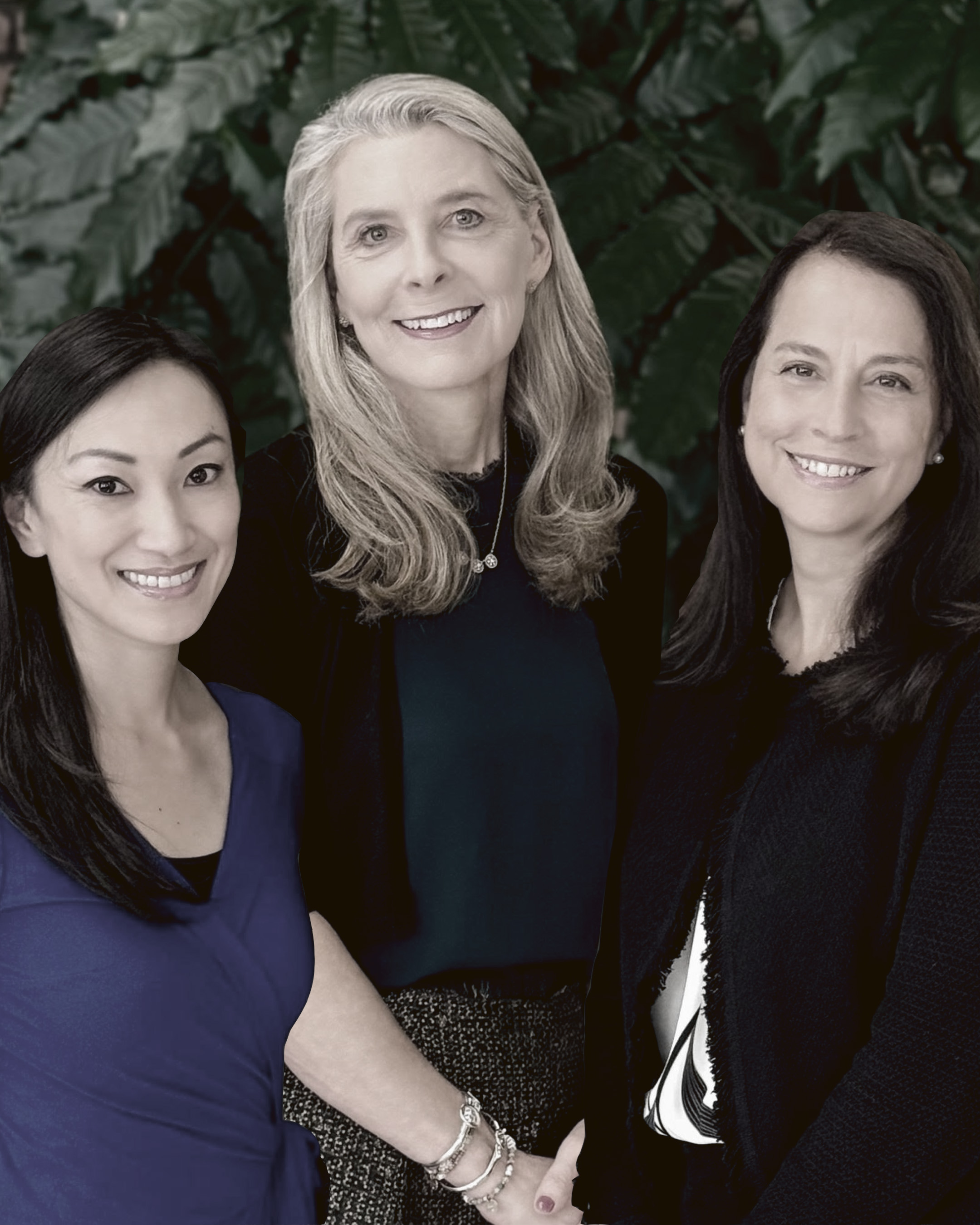
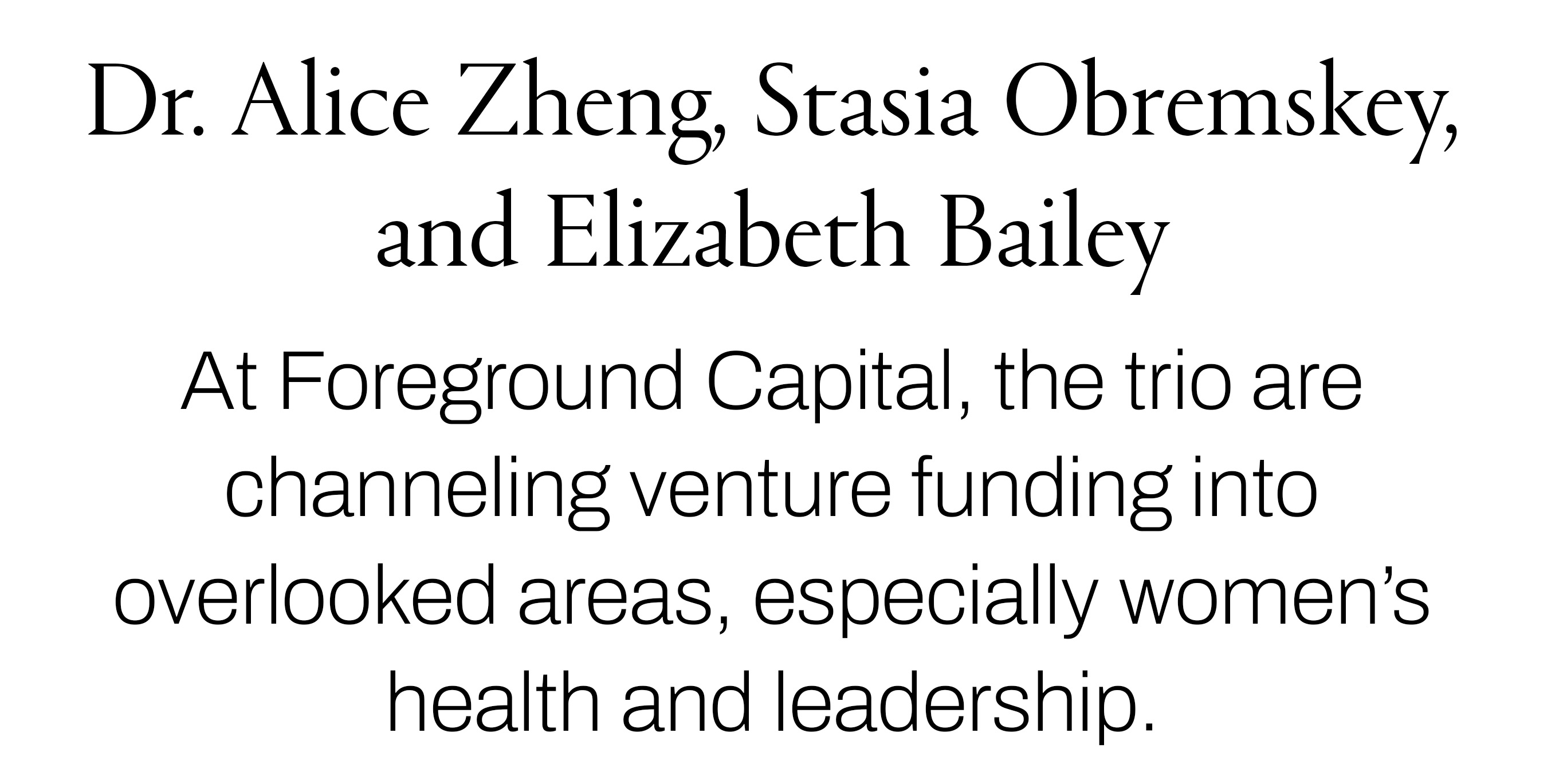
What does being a changemaker mean to you?
AZ: Leading the charge on something new and groundbreaking. Disrupting the status quo.
SO: Someone who dares to be different, breaks the mold, speaks up, and does not accept the status quo.
EB: Having the clarity to see what’s broken in society, the imagination to envision something better, and the persistence and grit to make it a reality.
What is the fight you’ll never stop showing up for?
AZ: Fighting against inequities, whether within women's health—an area that is underinvested in—or on behalf of underserved groups that don't have a voice.
SO: Elevating women through education and reproductive health access to unlock 50 percent of human capital.
EB: Gender equality. I’ll never stop fighting for a world where women are seen, heard, valued, and leading.
Do you have a hype song?
AZ: Anything by Beyoncé.
SO: “The Man” by Taylor Swift.
EB: “Don’t Stop Me Now” by Queen.
What is your motto?
AZ: With privilege comes responsibility.
SO: Make the invisible visible by speaking up; silence is not an option.
EB: If not now, then when?
Whom do you most admire?
AZ: Michelle Obama, Melinda Gates—too many to choose one! At the moment, I deeply admire Ms. Rachel for using her voice despite great personal and professional risk.
SO: Oprah Winfrey. She has lived her life out loud in the public eye—and shared her many personal and professional struggles with great empathy for herself and others.
EB: There are too many amazing people to pick just one, but I deeply admire the individuals powering the women’s health movement today—the entrepreneurs, clinicians, researchers, policymakers, and industry leaders finally giving this space the attention (and capital) it deserves.
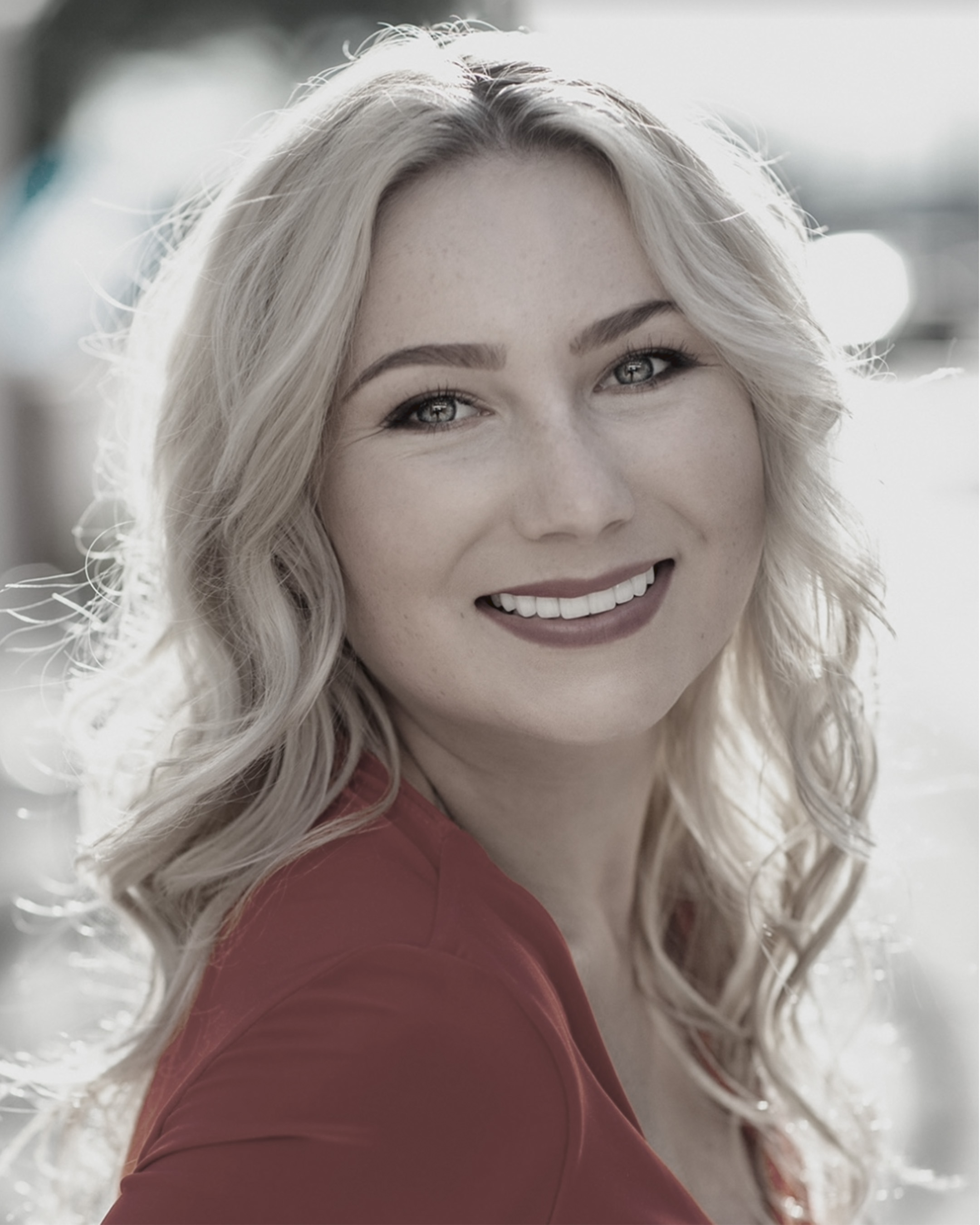
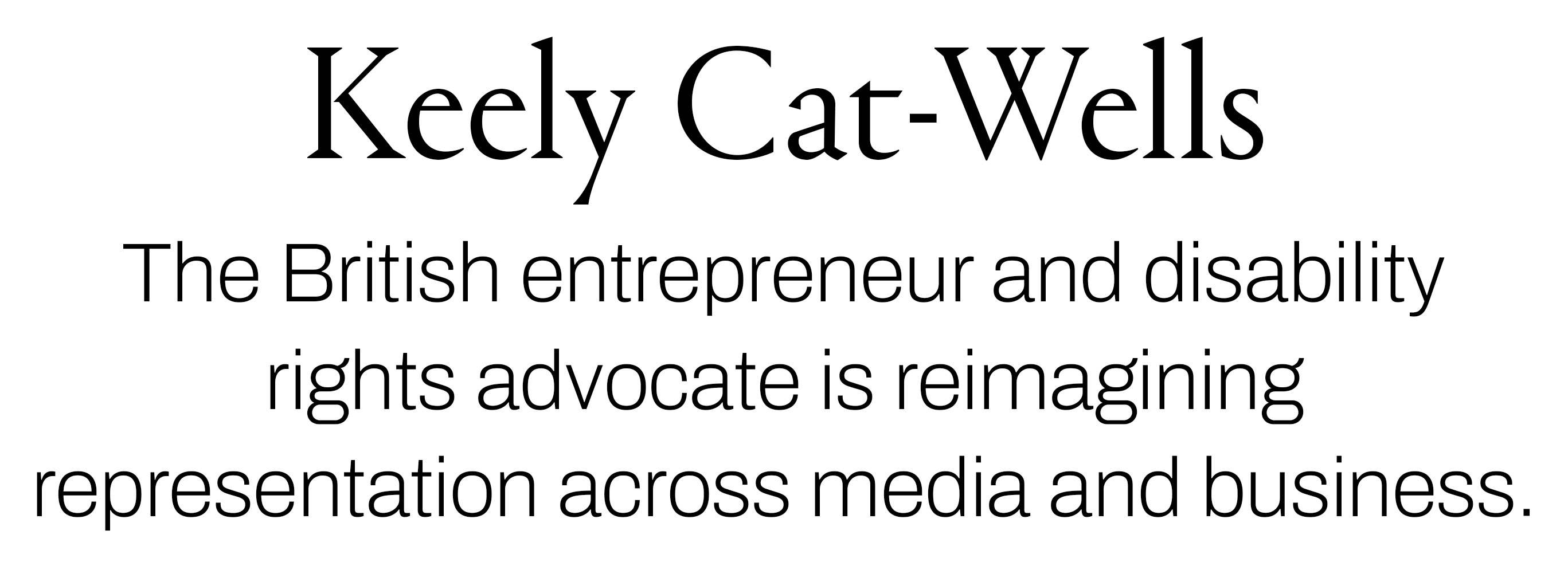
What does being a changemaker mean to you?
Refusing to accept systems as they are, especially when you know they can be better. It’s about listening deeply, leading with empathy, and centering the voices of those most impacted. Change is rarely quick or easy but it's built in community, through courage and persistence. For me, it’s about creating pathways and opening doors so wide that countless others can walk, roll, or move through without barriers.
What is a rule or norm that you’re trying to break?
The norm of disability being treated as charity, something to pity or donate to. Instead, I want to shift mindsets to see it as a powerful driver of innovation, creativity, and economic growth—something worth investing in. Disabled people are innovators, leaders, creators, and change-makers who deserve investment and equitable opportunities.
What is the fight you’ll never stop showing up for?
A world where disabled people are seen, valued, and hired. That’s why I started Making Space—to break down those barriers and build a future where they don’t have to fight to be employed, supported, and celebrated.
Do you have a hype song?
“Whatever It Takes” by Imagine Dragons.
What is your motto?
I love the Gloria Steinem quote “The future depends entirely on what each of us does every day; a movement is only people moving.”
What gets you through the hardest parts of pushing for change?
Knowing I’m not doing this alone. The disability community is filled with changemakers refusing to accept less than what we deserve. On the hardest days, I lean on that collective strength and give myself permission to rest.
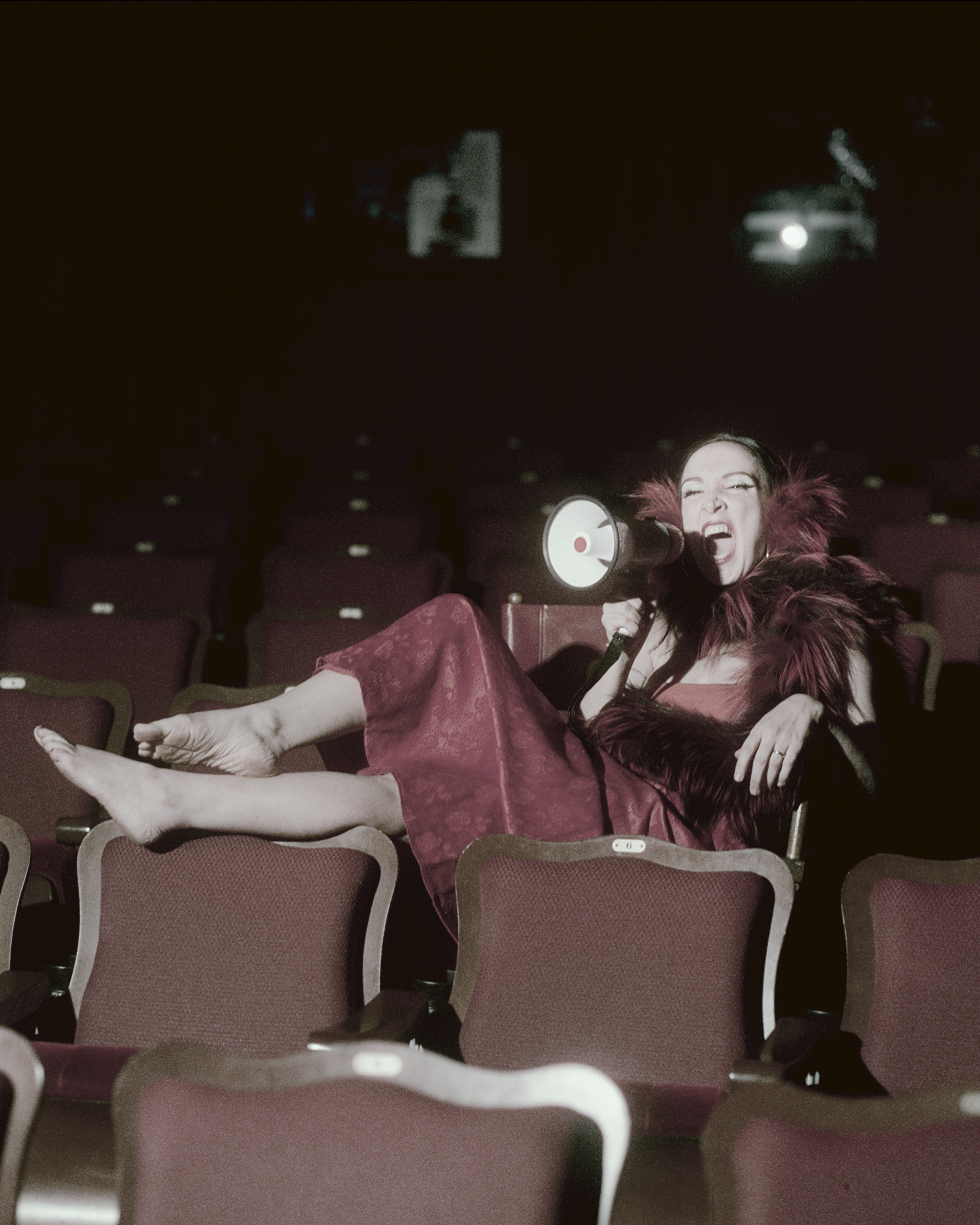
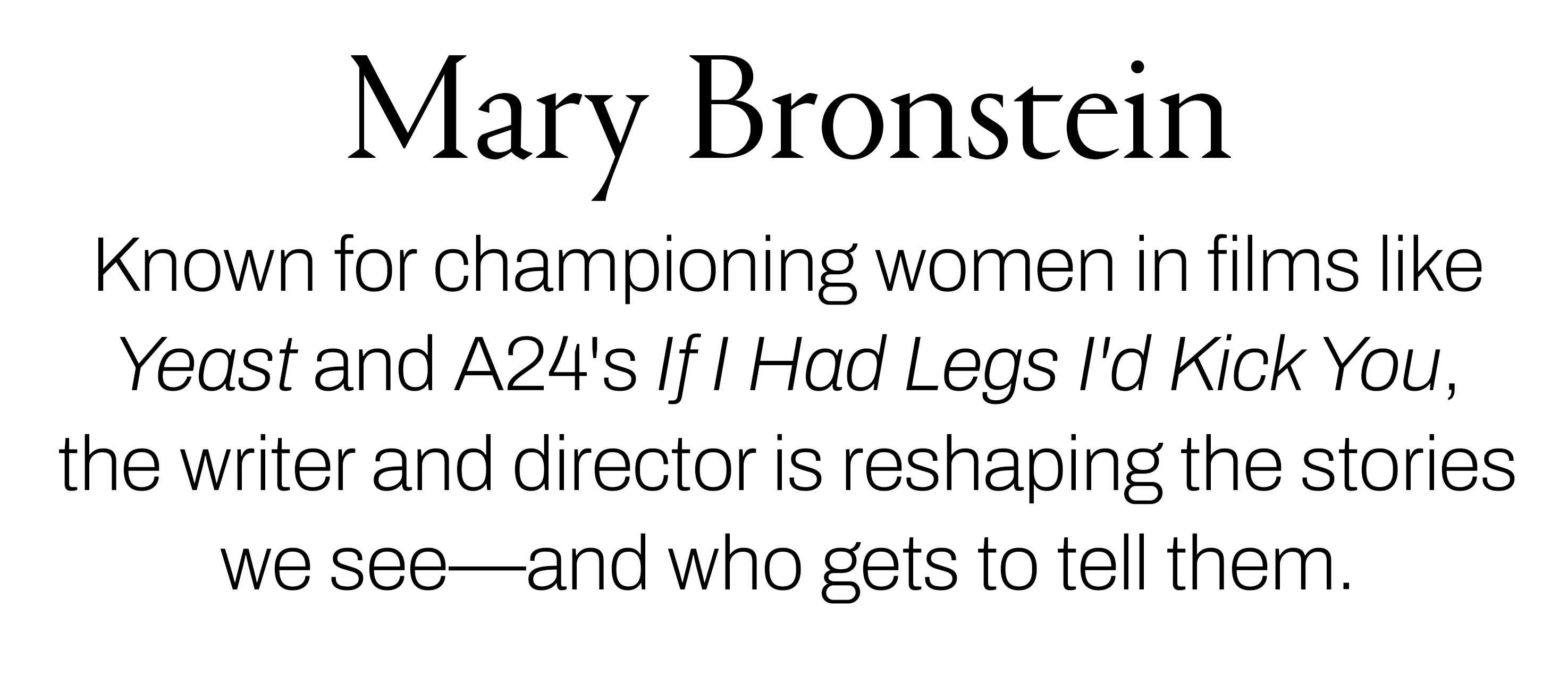
What does being a changemaker mean to you?
I'm aware of the long, laborious, and often ignored path toward change—and of the female changemakers who allowed me to exist as both the person and artist I am. Change takes patience, unrelenting work, and a rage from deep within. Women are half the population, yet still considered afterthoughts in my industry. Being a changemaker means holding myself accountable for the changes I want to see.
That is a rule or norm that you’re trying to break?
That middle-aged women are somehow “less than.” We are more than. Along with that, I actively try to break the idea that films made by women, about women—and without regard for the male gaze—are unfundable or uninteresting.
Do you have a hype song?
“Tell Mama” by Janis Joplin, specifically the 1970 Festival Express live version.
What is the fight you’ll never stop showing up for?
I will never stop showing up for the fight against made-up rules about art, its value, or its predicted viewership by people who have no idea what it means—or what it takes to create.
Whom do you most admire?
Carol Burnett. I used to watch reruns of her sketch comedy show as a child and did not realize how unusual it was that a woman would helm a proper sketch comedy hour, performing outrageously no-rules characters in every single sketch. She is the queen of the sketch comedy form and a true iconoclast pioneer.
What gets you through the hardest parts of pushing for change?
My core belief: It will change, because it makes no fucking sense if it doesn’t. And if it isn't me who will change it than who else would be a better option?

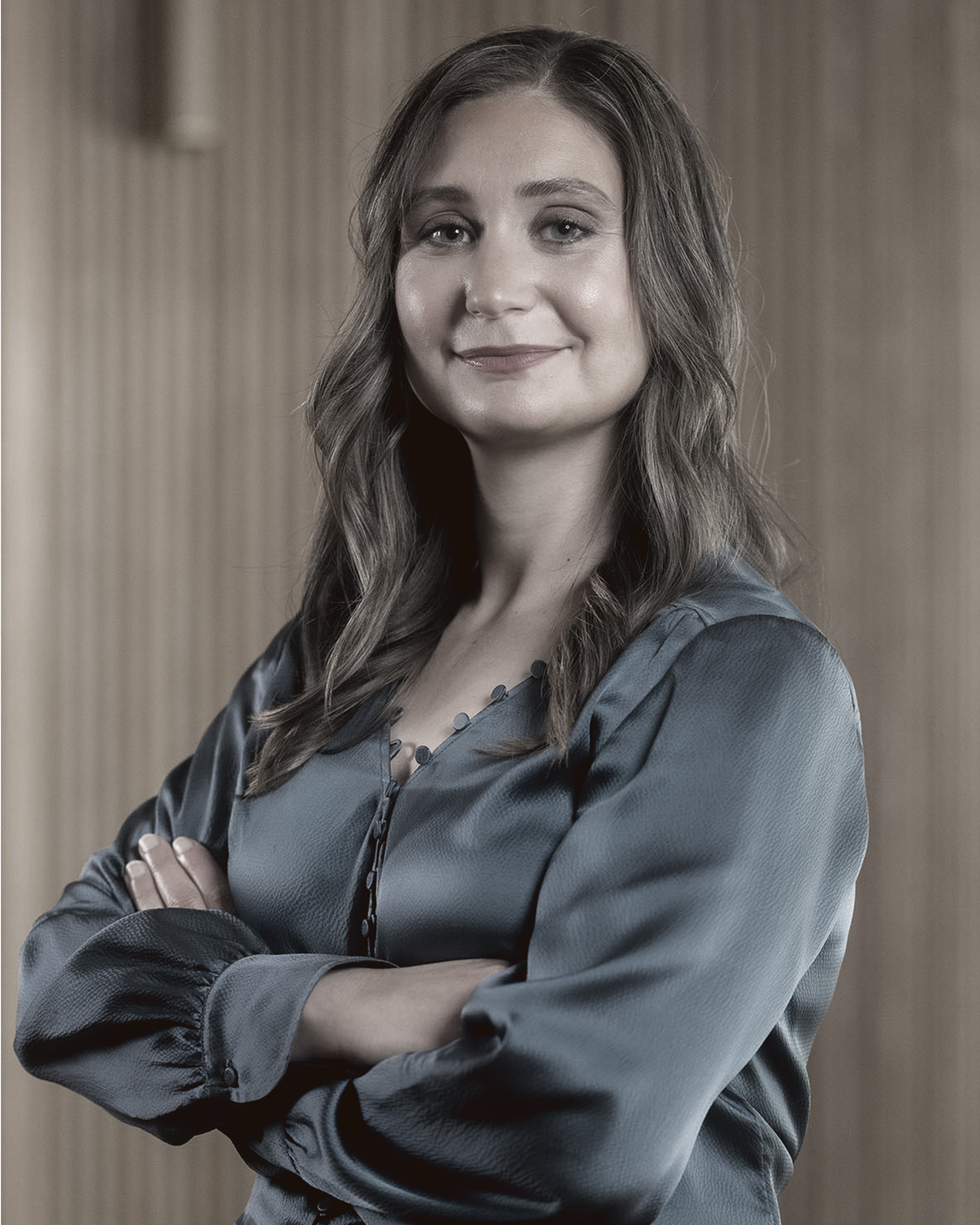
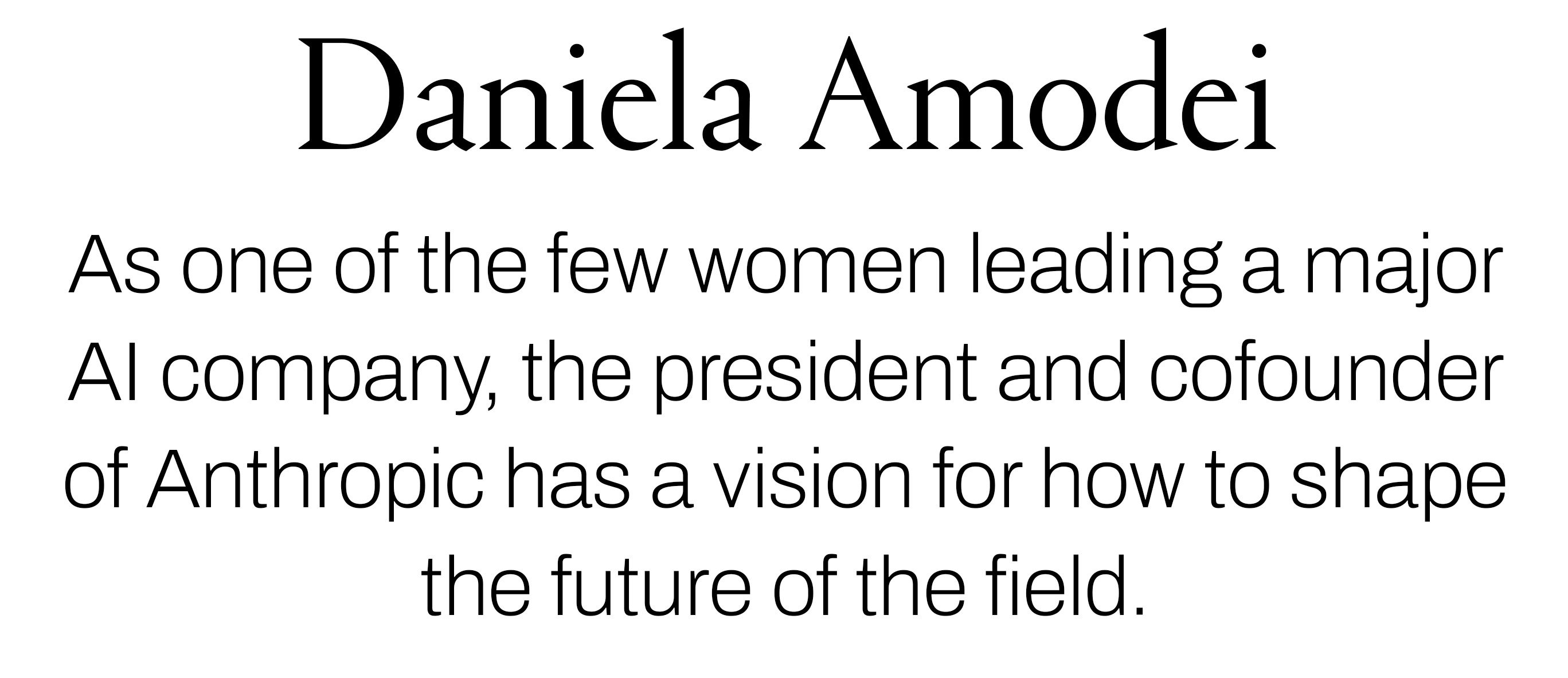
What does being a changemaker mean to you?
Trying to do the right thing and humbly learning from mistakes—and from others. When we started Anthropic, our goal was to build transformative AI in a way that's genuinely good and safe for everyone. Being a changemaker also means being self-reflective. “When could we have done something better?” and “How can we improve for the future?” are two of my favorite questions to ask myself.
What is a rule or norm that you’re trying to break?
That you need a technical background to help shape the future of AI. I studied literature and started my career in global health and politics. Some of the best contributors I’ve met in AI are also philosophers, musicians, teachers, linguists, parents, and stewards of human culture. We need all of those voices in the room to make sure we collectively build something that enhances human well-being versus doing the opposite.
What is your motto?
"Do the simple thing that works." Our research team at Anthropic actually came up with it, and it really resonates with me. Many of the best and most important things in life are actually simple lessons, like “be kind to others” and “help those in need.” It applies to lots of parts of life: from how we train AI models, to how to have tough conversations, to explaining the world to my 4-year-old.
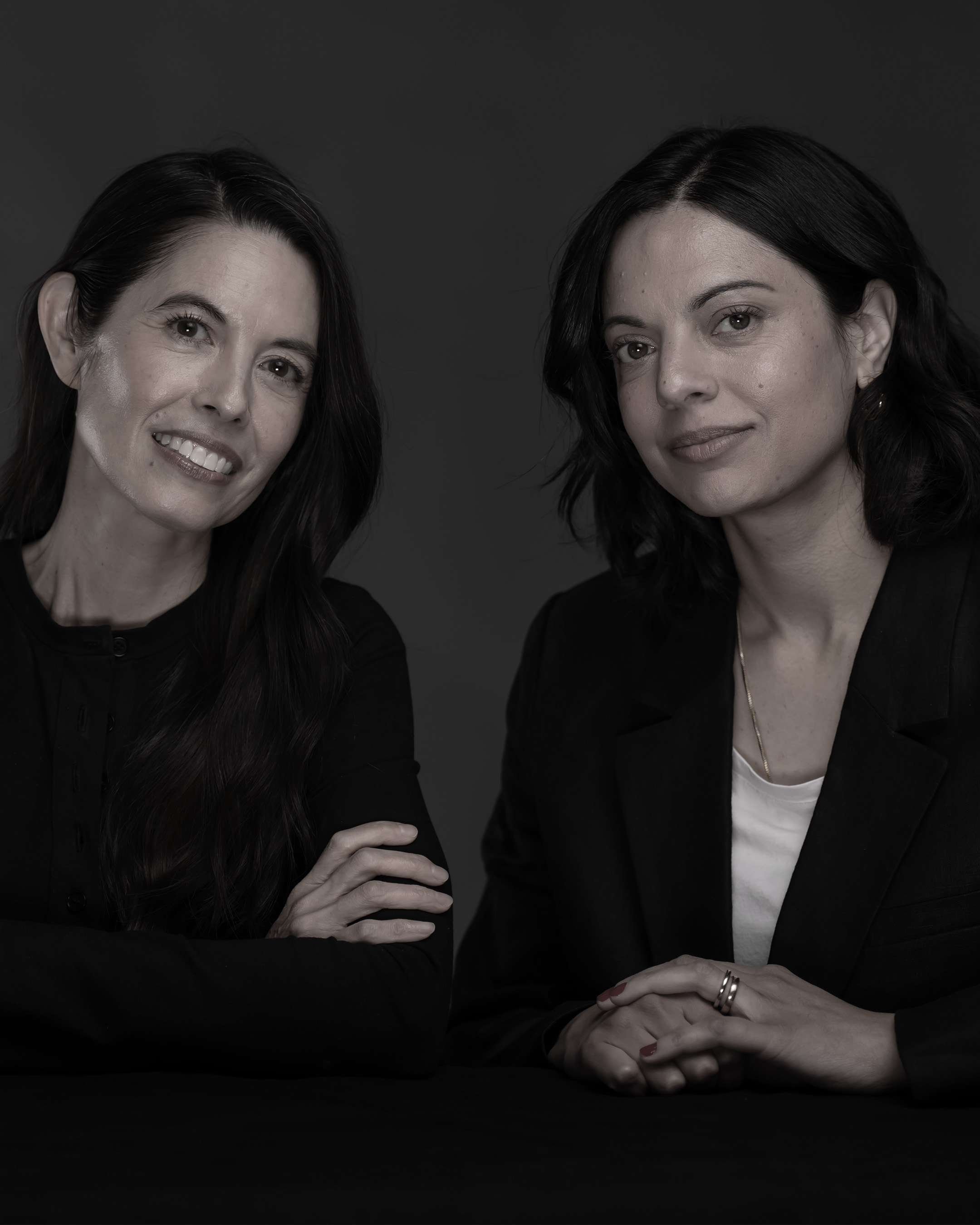
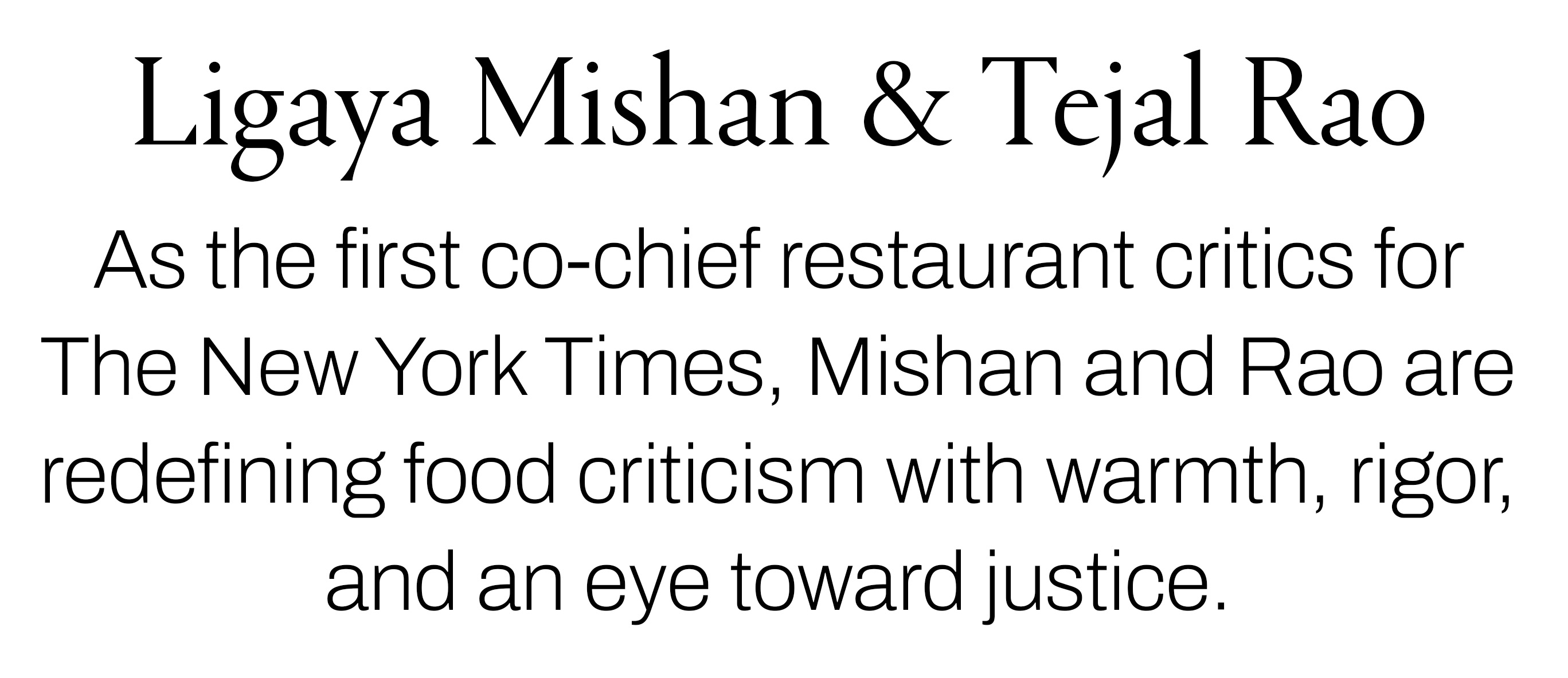
Text reading “Ligaya Mishan & Tejal Rao. As the first co-chief restaurant critics for The New York Times, Mishan and Rao are redefining food criticism with warmth, rigor, and an eye toward justice.”
What is a rule or norm that you’re trying to break?
LM: I spend so much time searching for the perfect words, when of course there’s no such thing. I’m trying to learn to make peace with imperfection.
TR: I am trying to figure out: what are the rules of this form—the restaurant review? And how can I have more fun with them, or subvert them?
Do you have a hype song?
LM: “Catch These Fists” by Wet Leg, because I love the impatient sneer of it all, and I need something loud I can throw my hair around to.
TR: “Get Busy” by Sean Paul, for its instant and irresistible energy.
What is your motto?
LM: “We can choose to know the lives of others.” —Mari J. Matsuda
TR: “Hope is a discipline.” —Mariame Kaba
Whom do you most admire?
LM: Calla, my wise, generous 17-year-old daughter, who understands that kindness—in a world that rewards the opposite—is not a default but a decision, and one that requires vigilance and will.
TR: My daughter, who is almost two, knows her feelings and trusts her instincts and sense of taste so completely. Where does it take her? She is always moving towards joy and delight.
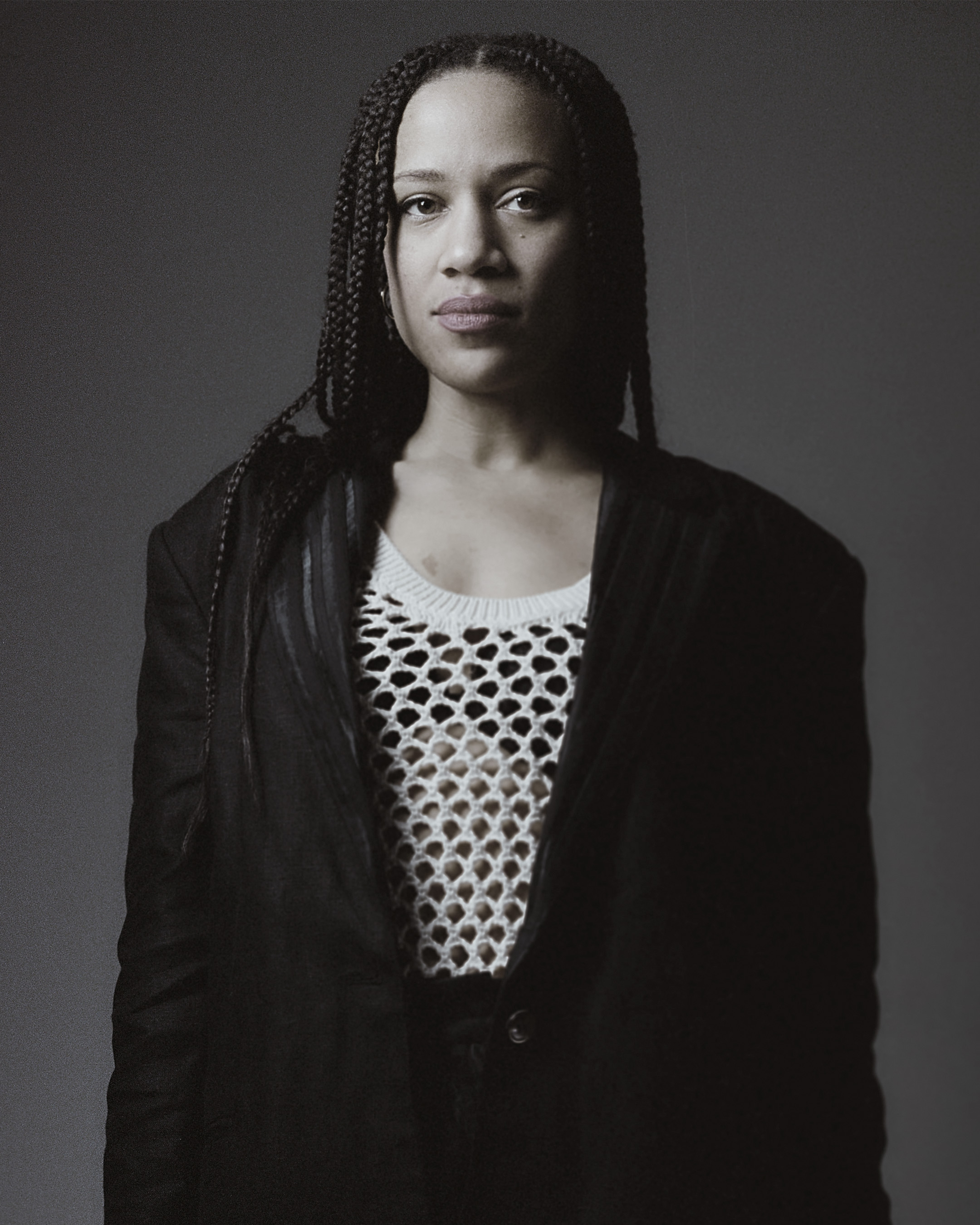
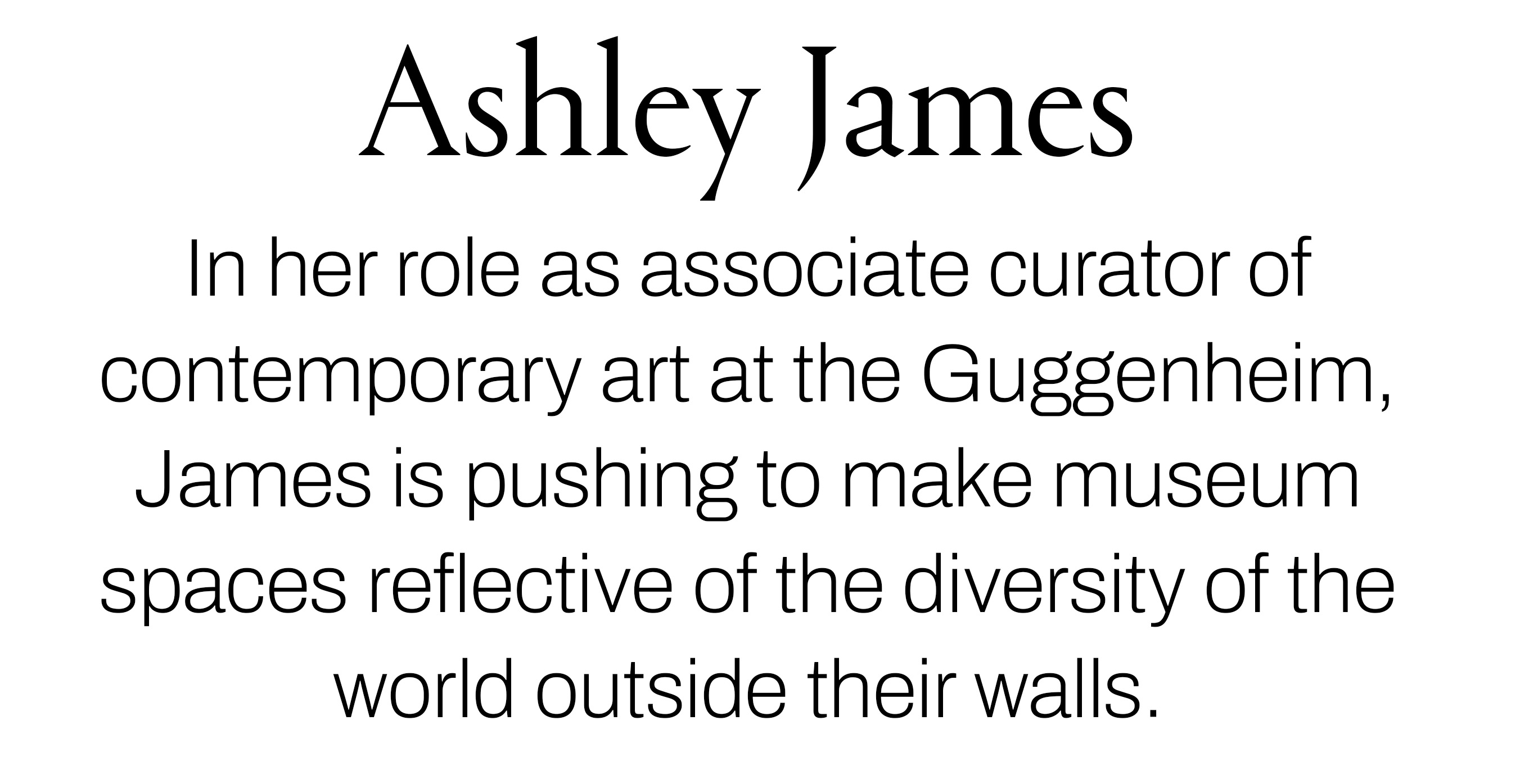
What does being a changemaker mean to you?
Bravery. In so many instances, the barrier to change can be attributed not to a lack of knowledge, but to strong allegiances to the status quo. I think being a changemaker means moving forward with the courage to face criticism and detractors in the interest of doing something different.
What is a rule or norm that you’re trying to break?
I am actively trying to revise my own assumptions around what a creative life should look like. Trying to tune out the voice that tells me it requires “this” kind of set-up, that it requires “these” kinds of limitations, that you have to be “this” kind of person—and instead just follow my own desires, simply because I have them and need to at least attempt to fulfill them.
Do you have a hype song?
“We Laugh at Danger (and Break All the Rules)” by Against Me!, or “Strictly Game” by Harlem Shakes.
What is your motto?
“It’s always something.” That can be read pessimistically, but ultimately I think it is an optimistic outlook: Nothing can ever be perfect, there will always be some (or many) issues. So what are you going to do with, through, or despite the imperfection?
Whom do you most admire?
Lowery Stokes Sims. I admire Dr. Sims for being someone who broke boundaries in her own career as a curator and museum leader—and also someone who empowers the next generation. I carry that mandate with respect and humility.
What gets you through the hardest parts of pushing for change?
It helps me to think back to my teen years, when I was at my most idealistic and optimistic. What did I care about then? If there’s a throughline, I know I am on the right track.
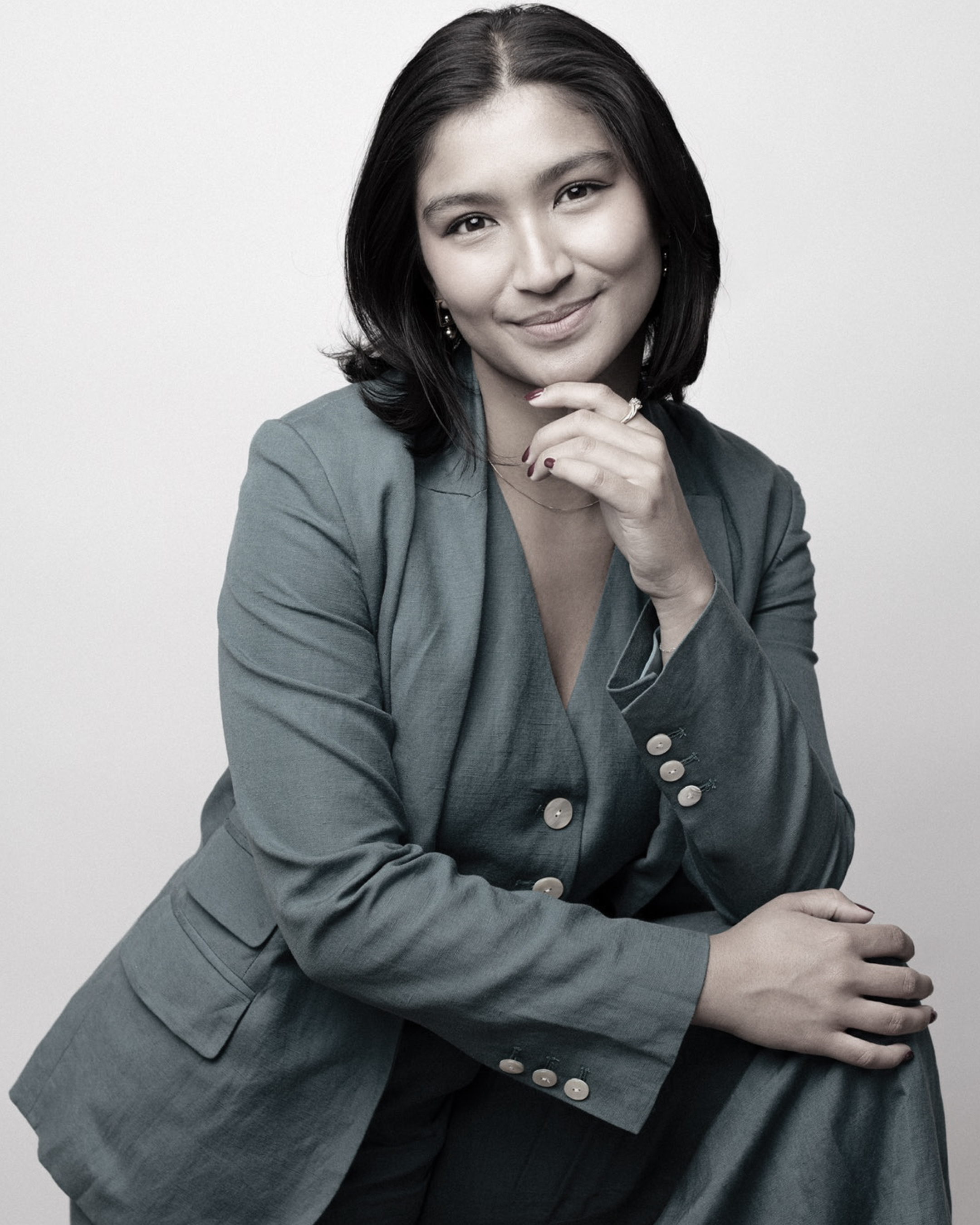
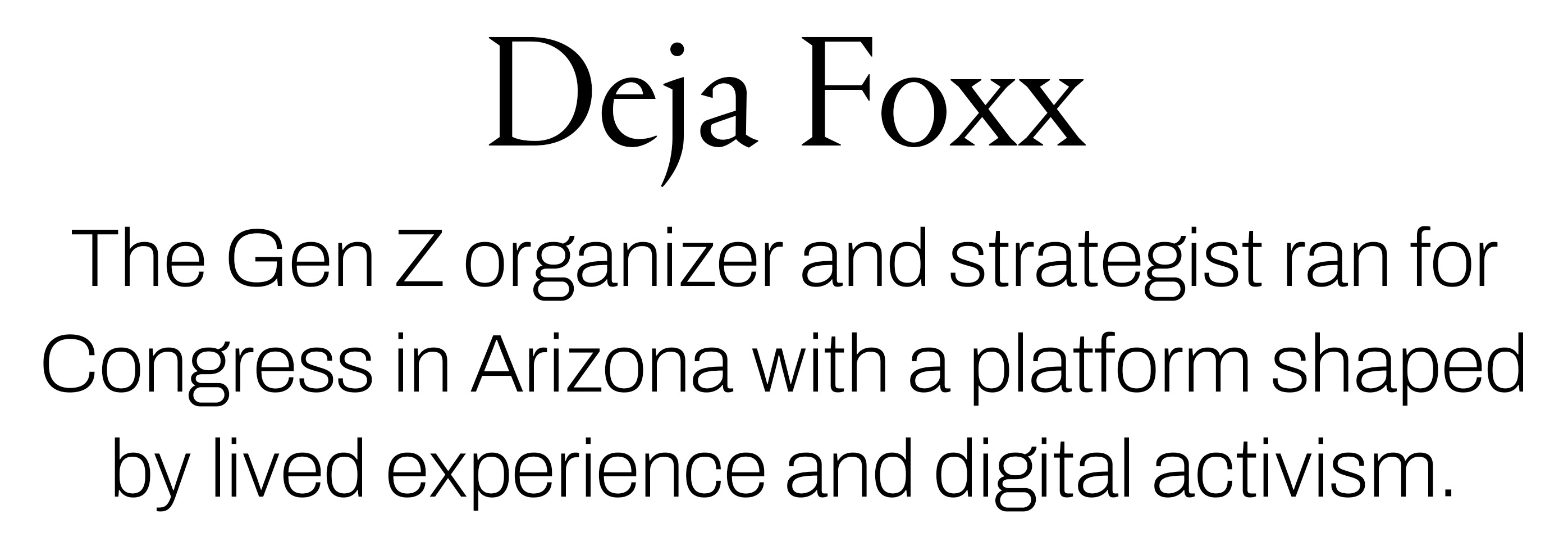
What does being a changemaker mean to you?
I’ve worked as a gas station clerk, a digital strategist on a presidential campaign, a speaker, a content creator—and now I’m running for Congress. But through it all, I’ve always wanted to be one thing: a good role model. For me, being a changemaker means leading by example.
What is a rule or norm that you’re trying to break?
I’m 25 and running for Congress, and I’ve been told in a million ways that it’s not my time—that I’m too young, not experienced enough, too different. But I’m redefining what experience looks like. I’ve lived the policies that others just debate—Section 8 housing, SNAP, Medicaid. And I’m running a campaign that changes who holds narrative and political power, using storytelling and digital tools to make space for people like me.
What is your motto?
A professor once told me, “You’re not exceptional; you’re representative.” That’s stayed with me. I might be the youngest or the first Filipina to do this, but I’m not the only one who could; I’m just one of the first who got the chance.
Whom do you most admire?
My older sisters. They’ve been my blueprint and my lifeline—knocking on doors with me in Tucson, reminding me who I am when things get hard, and showing me how powerful sisterhood can be.
What gets you through the hardest parts of pushing for change?
I’ve won and I’ve lost—that’s politics—but when you invest in people, you never really lose. Our campaign is building something that lasts, whether or not we win this race. We’re forming leaders, creating hope, and running a race worth being proud of—no matter the outcome.
Marie Claire is committed to celebrating the richness and scope of women's lives. We're known for our award-winning features, thoughtful essays and op-eds, deep commitment to sustainable fashion, and buzzy interviews and reviews. Reaching millions of women every month, MarieClaire.com is an internationally-recognized destination for celebrity news, fashion trends, beauty recommendations, and renowned investigative packages.